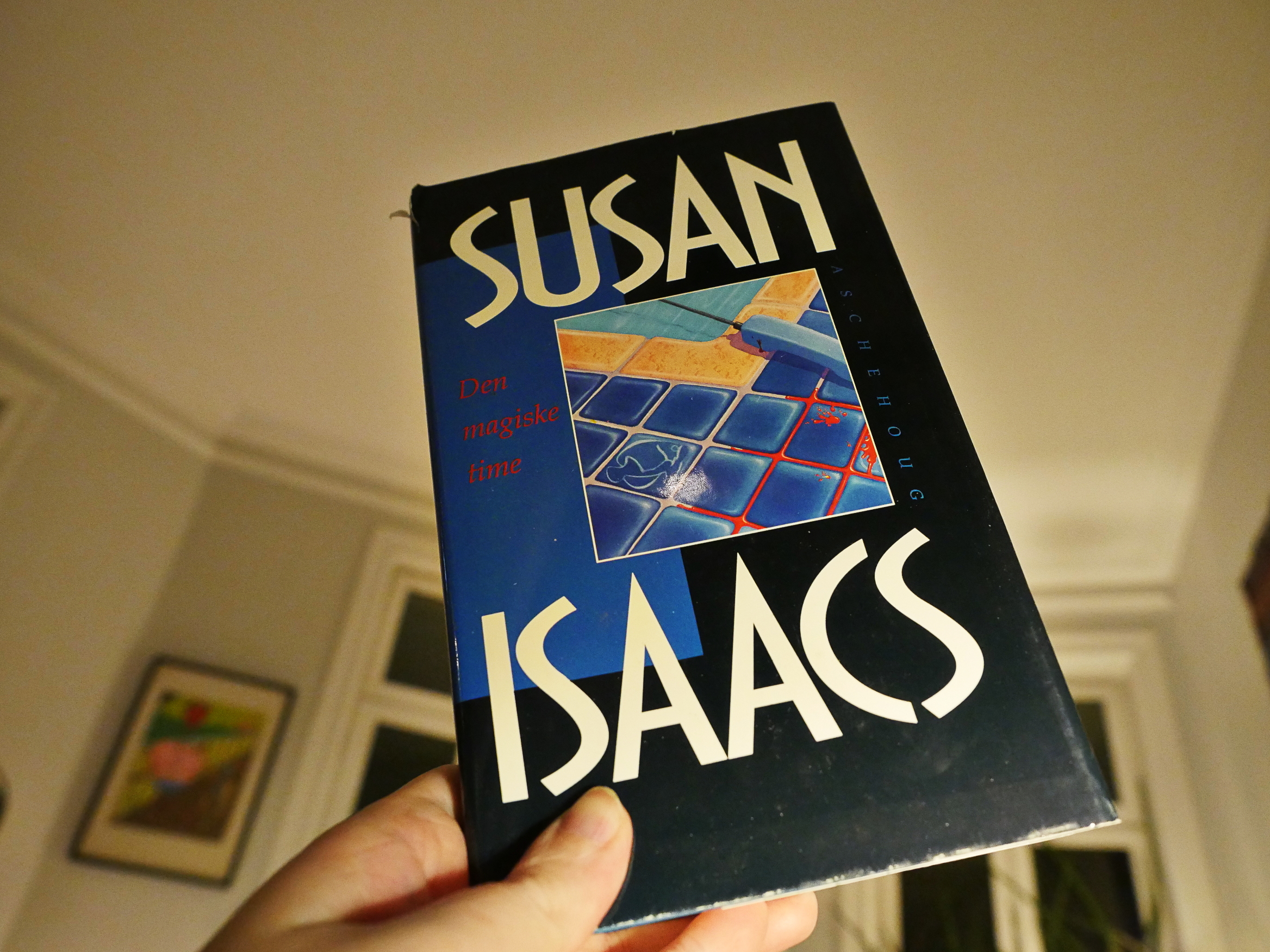
I’ve never made a pie before, which isn’t surprising, I guess, because I’ve basically never baked in my life before starting this blog series. So I was just thinking about what to make, and the words Lemon Meringue Pie just popped into my head.
So I’m going to make that, even though I’ve never tasted one and have no idea whether it’s even good. But it’s sugar and lemons, so how bad can it be?
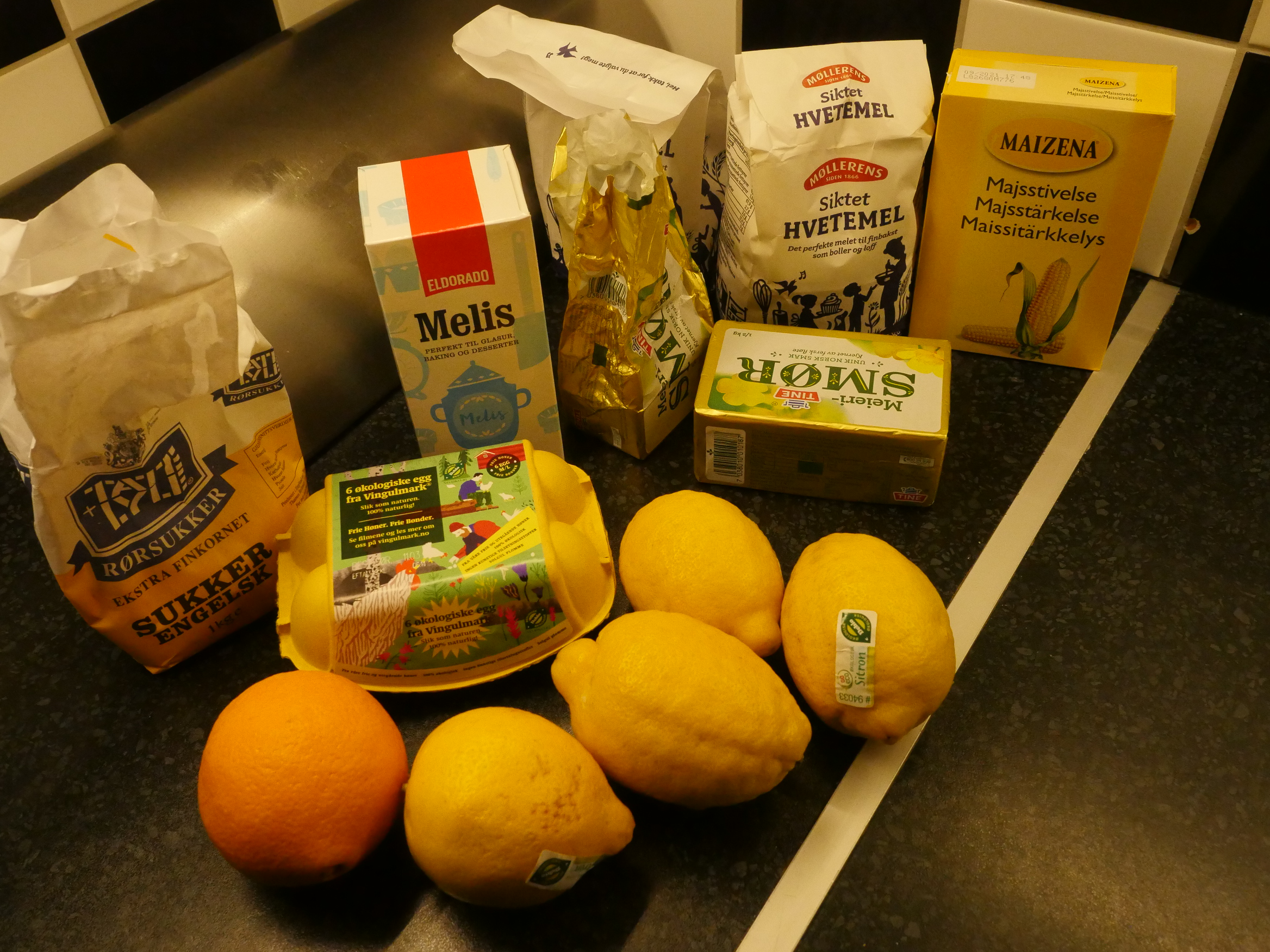
There’s fewer ingredients than I expected from a dish with several separate parts… I especially like that there’s exactly the same number of egg yolks and egg whites needed (yolks in the stuffing and base and whites in the meringue).
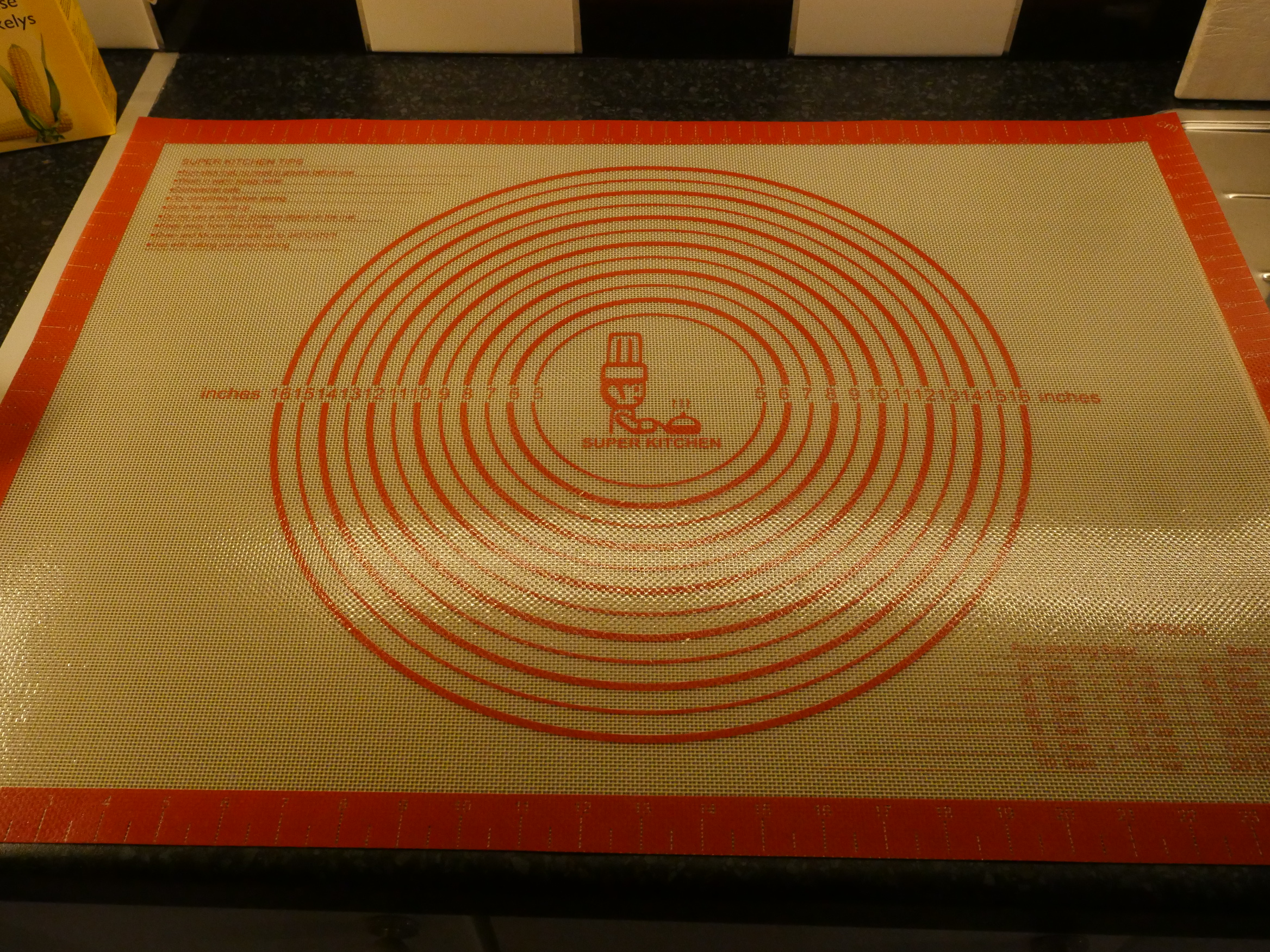
I got new stuff! I non-stick silicone mat to use when rolling out dough. Seems more hygienic, too.

And a pie tin.
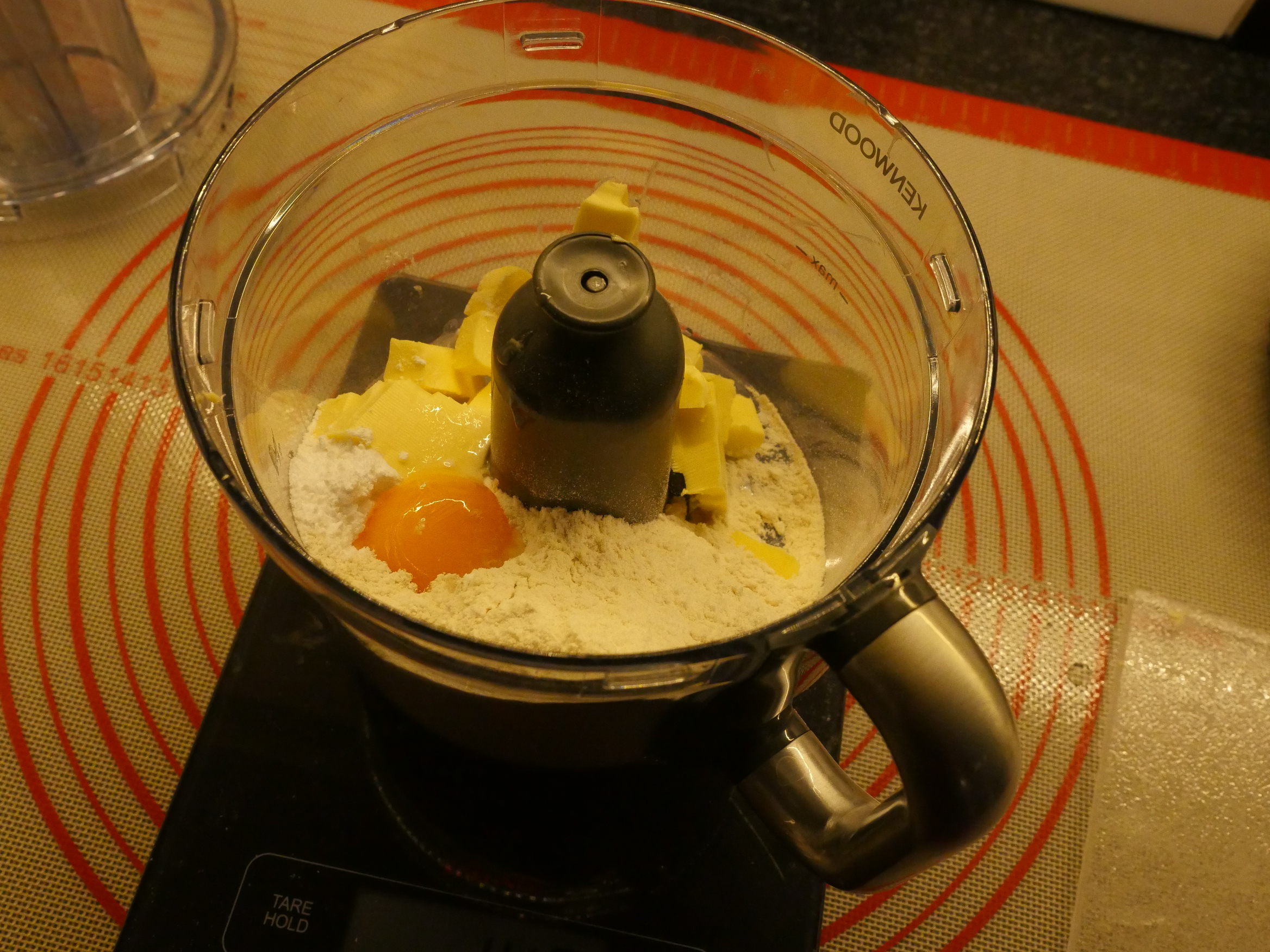
For the pastry, I’m supposed to pulse the ingredients “until the mix starts to bind”.
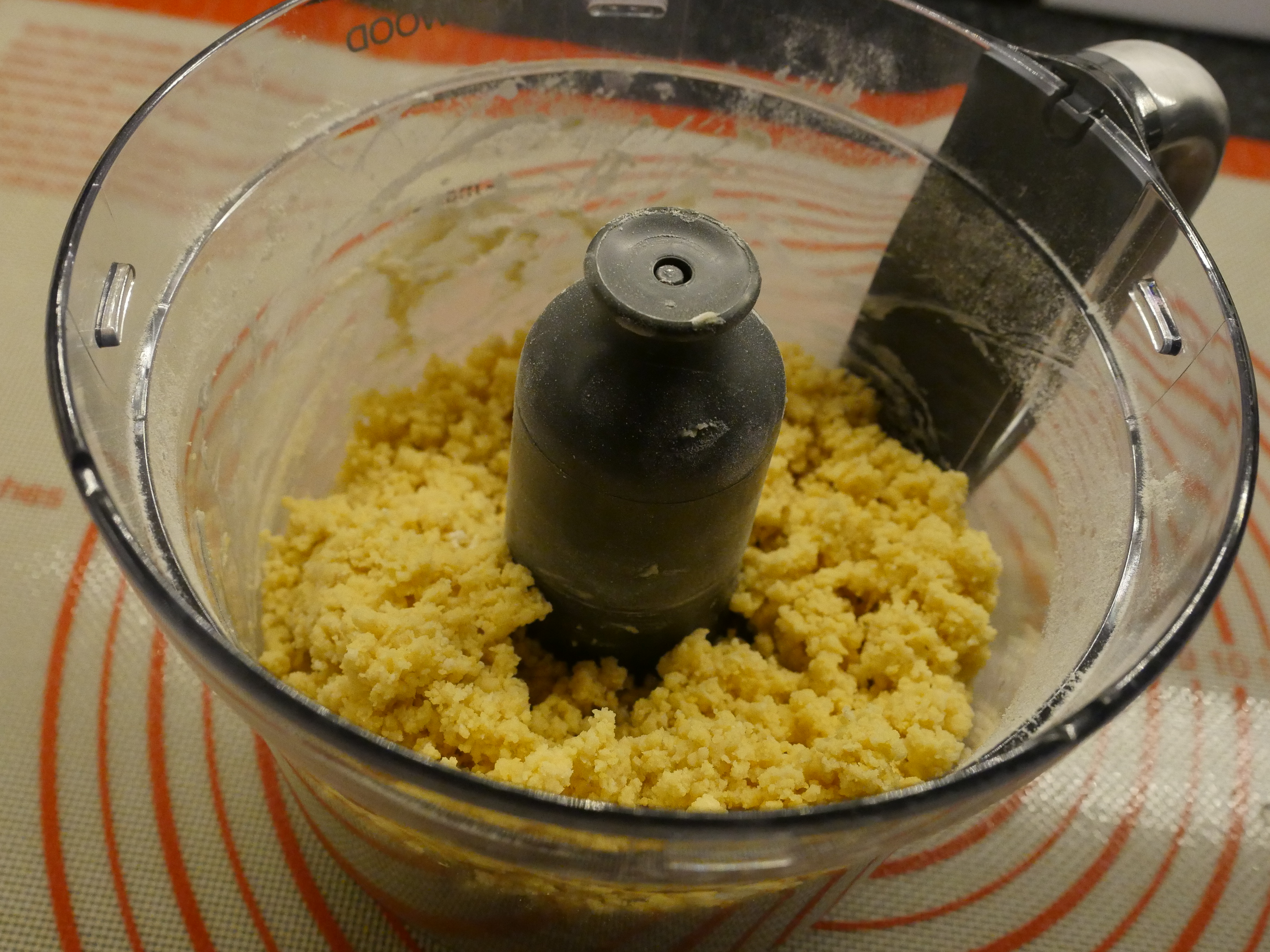
I guess this is what they mean? There should be more pictures in recipes.
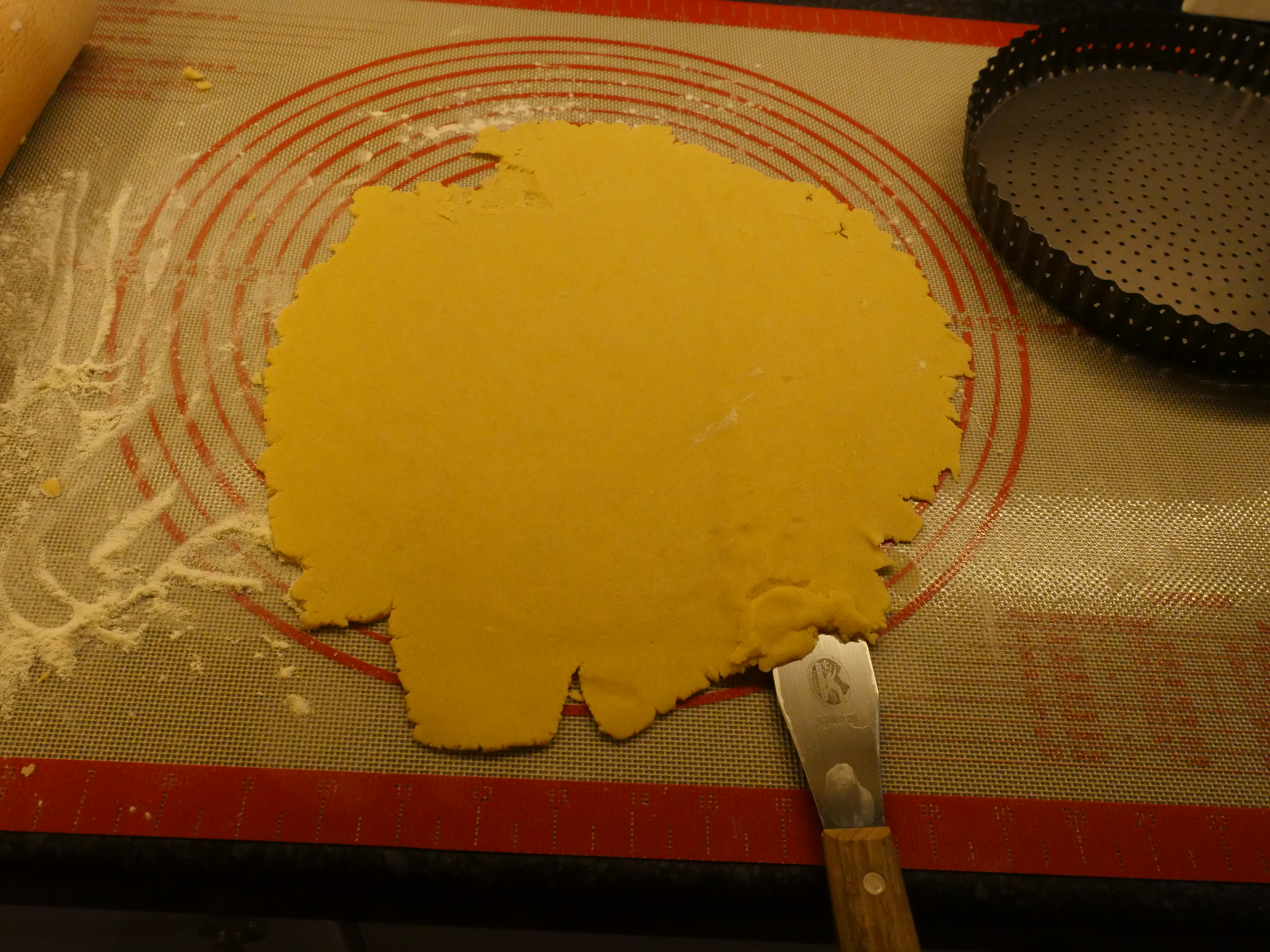
After rolling it out… how to get in into the pie tin? It rips easily…
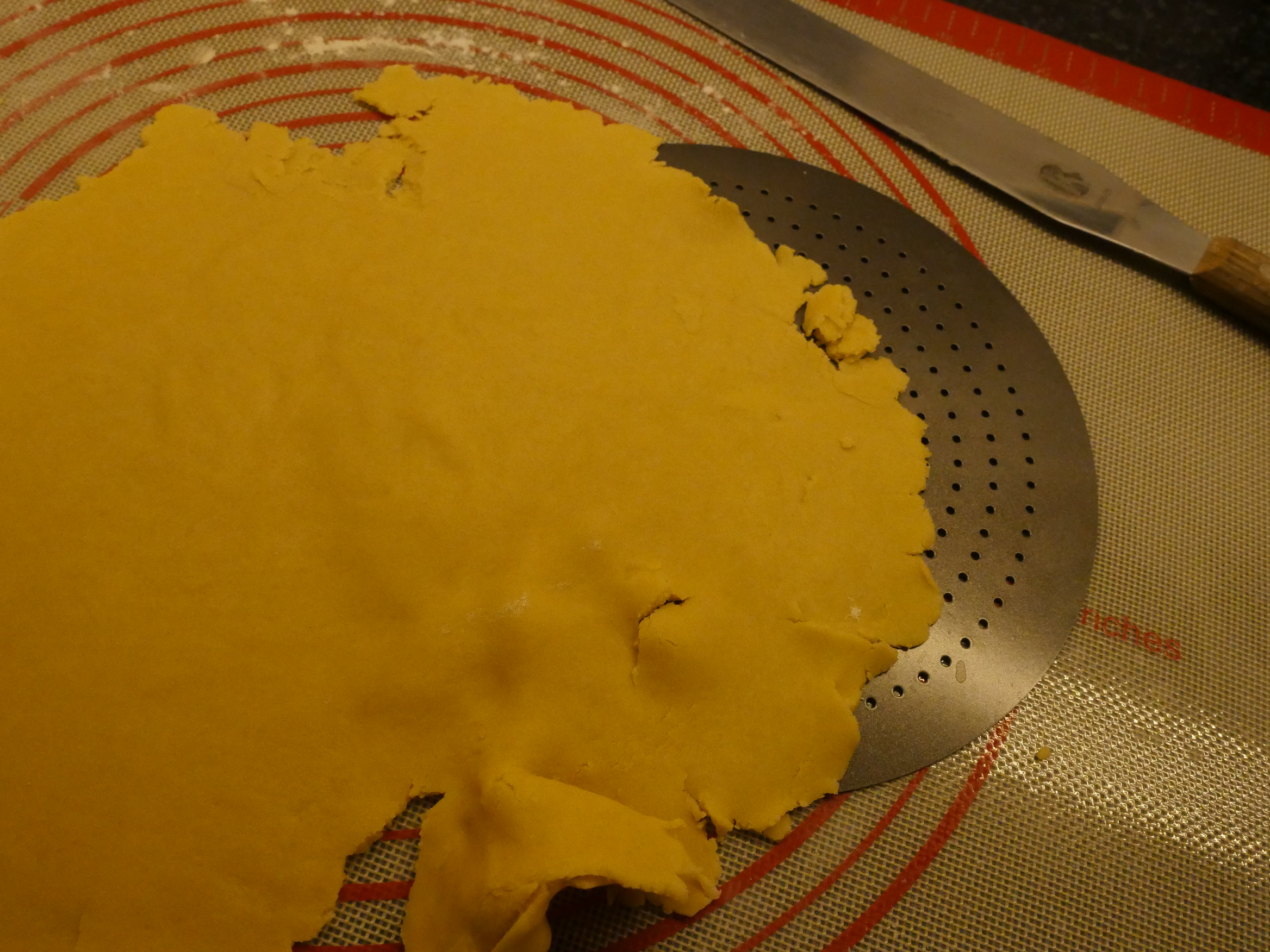
Oh! I’m a genius! The bottom of the pie tin is detachable, so I can just slide it under the dough…
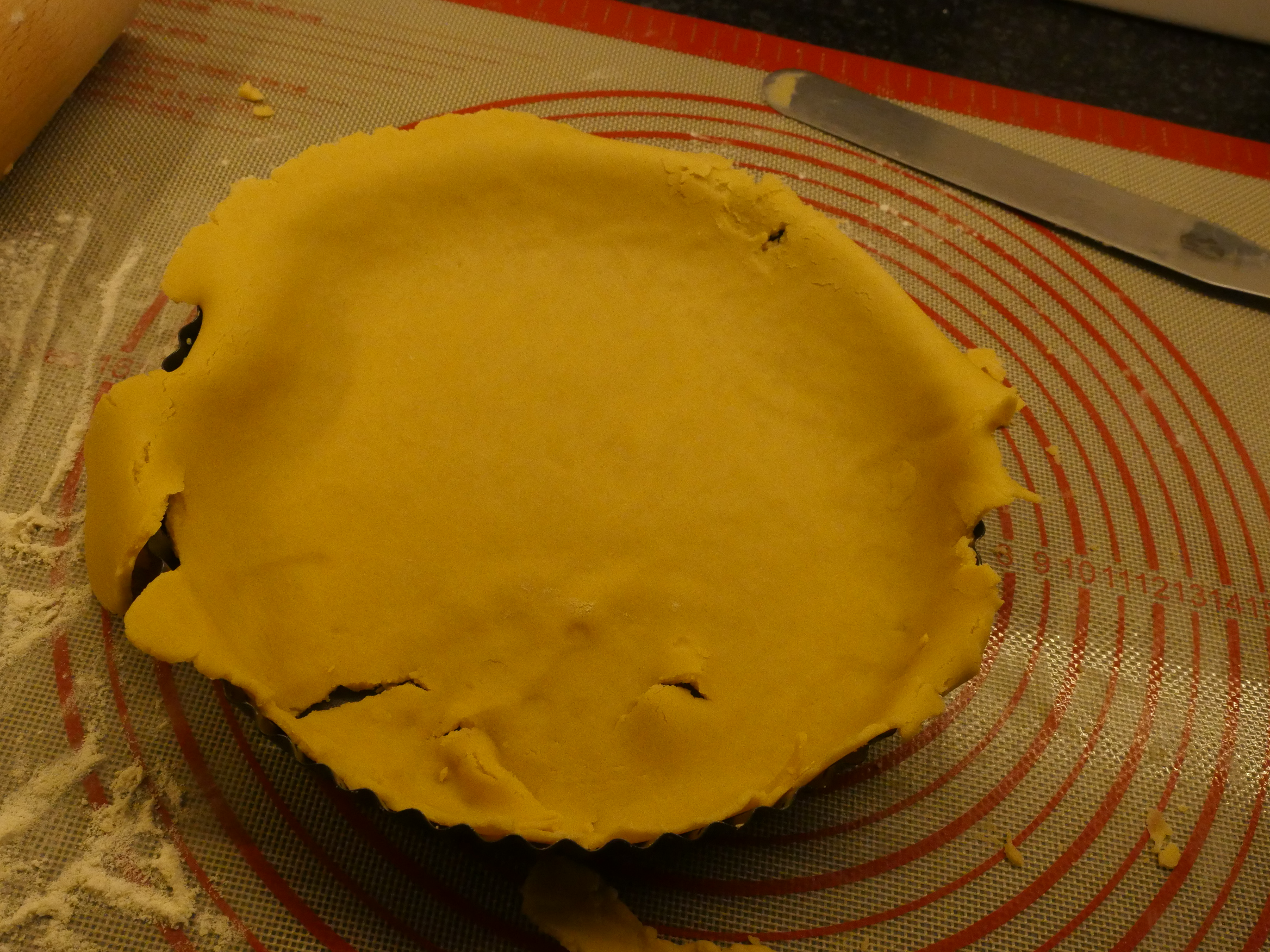
… and then sorta get it all into the tin! I bet nobody else has thought of that before!
I mean, except for everybody else.
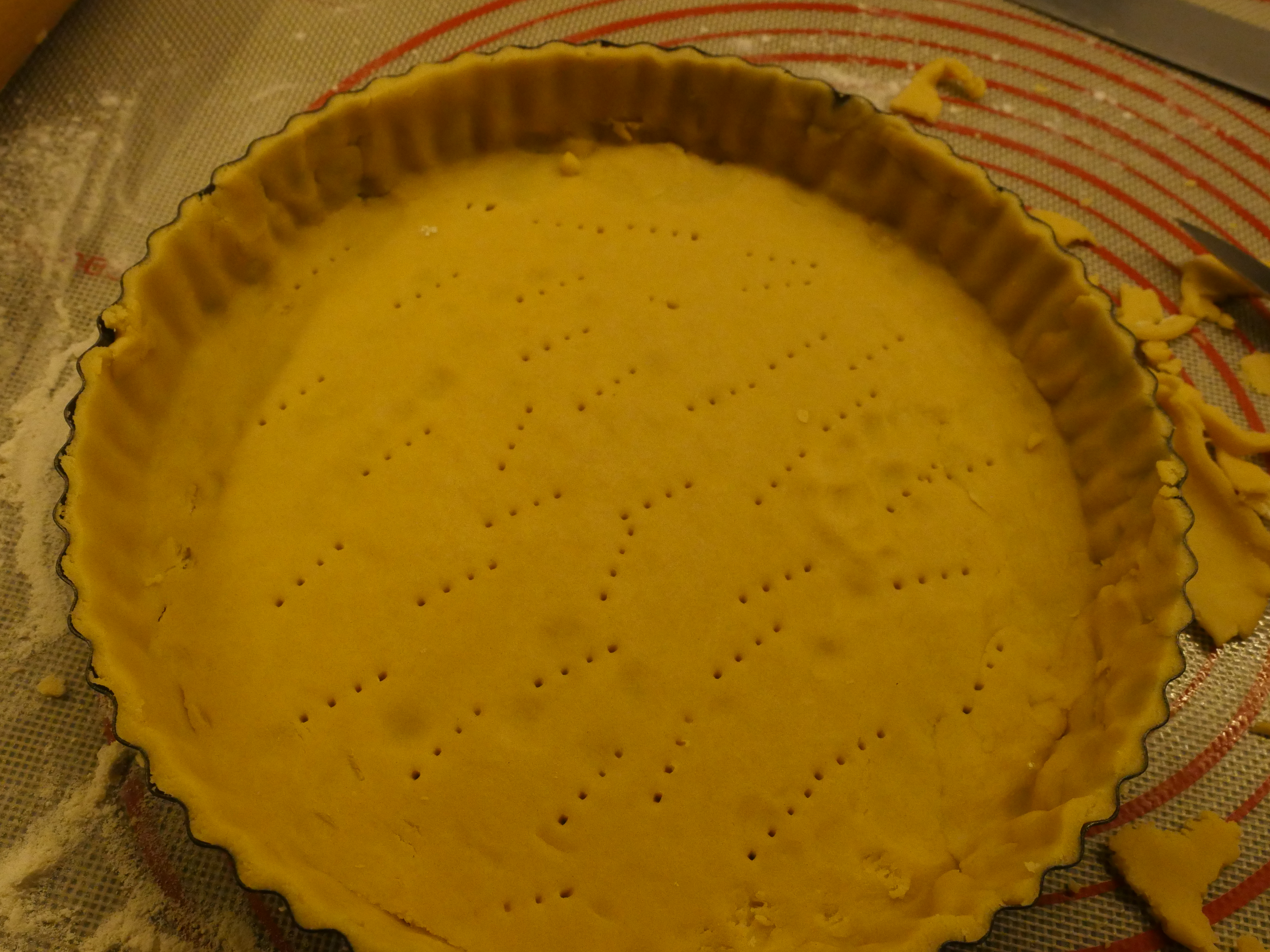
And then trim and push and poke a bit. That looks awrite, dunnit?
Then into the fridge for an hour and a half to… er… get colder? One thing I miss from virtually any recipe is an explanation for why certain steps are done…
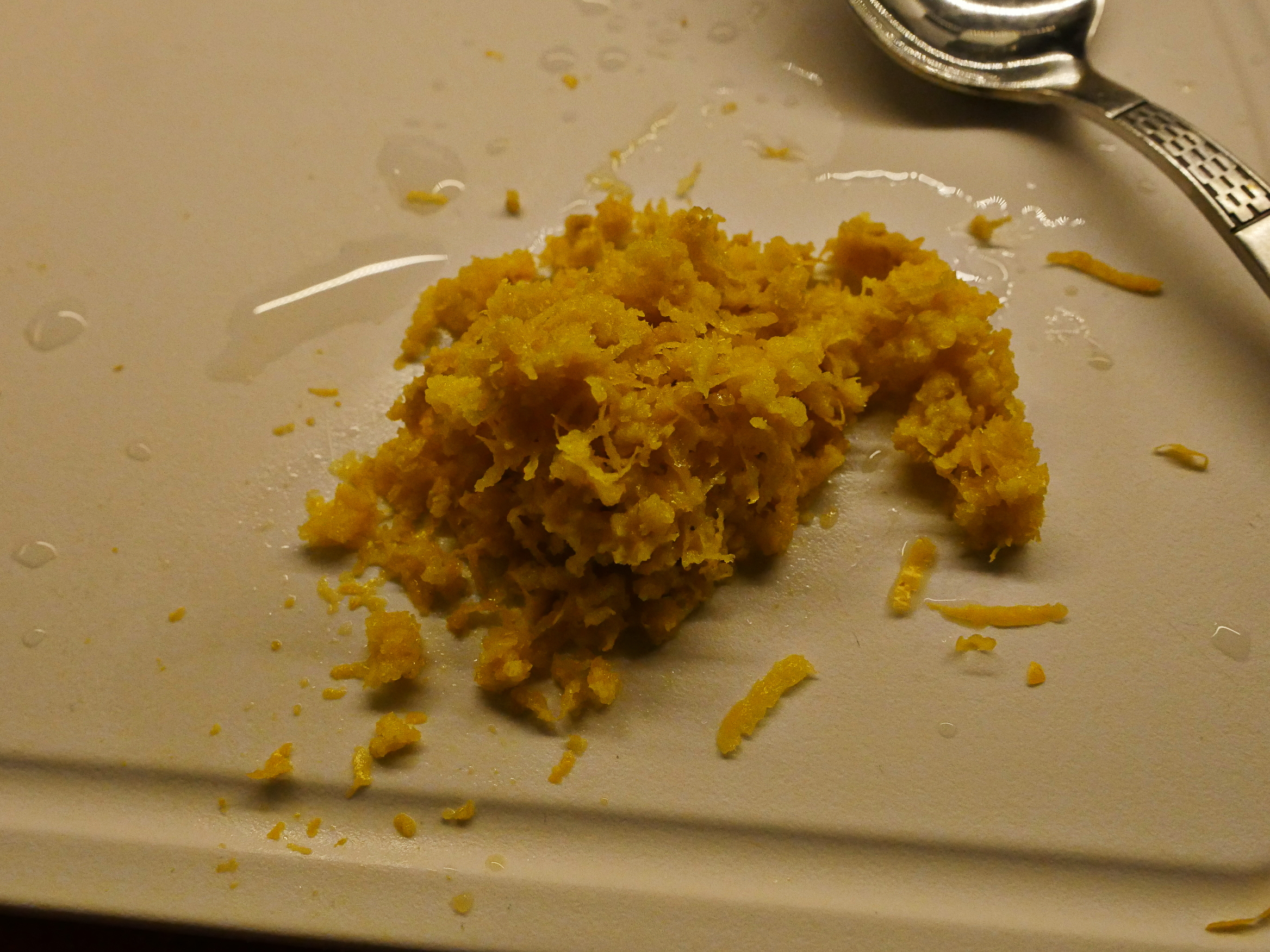
Meanwhile I’m making the lemon filling, which has a lot of lemon zest in it. I’ve made cocktails with lemon zest, but not a foodstuff, and I was surprised that the recipe didn’t say “simmer and then strain”, because I didn’t think the actual zest was supposed to end up in the pie.

But also a lot of citrus juice, so I finally got to use my squeezer thing that I haven’t used in a year.
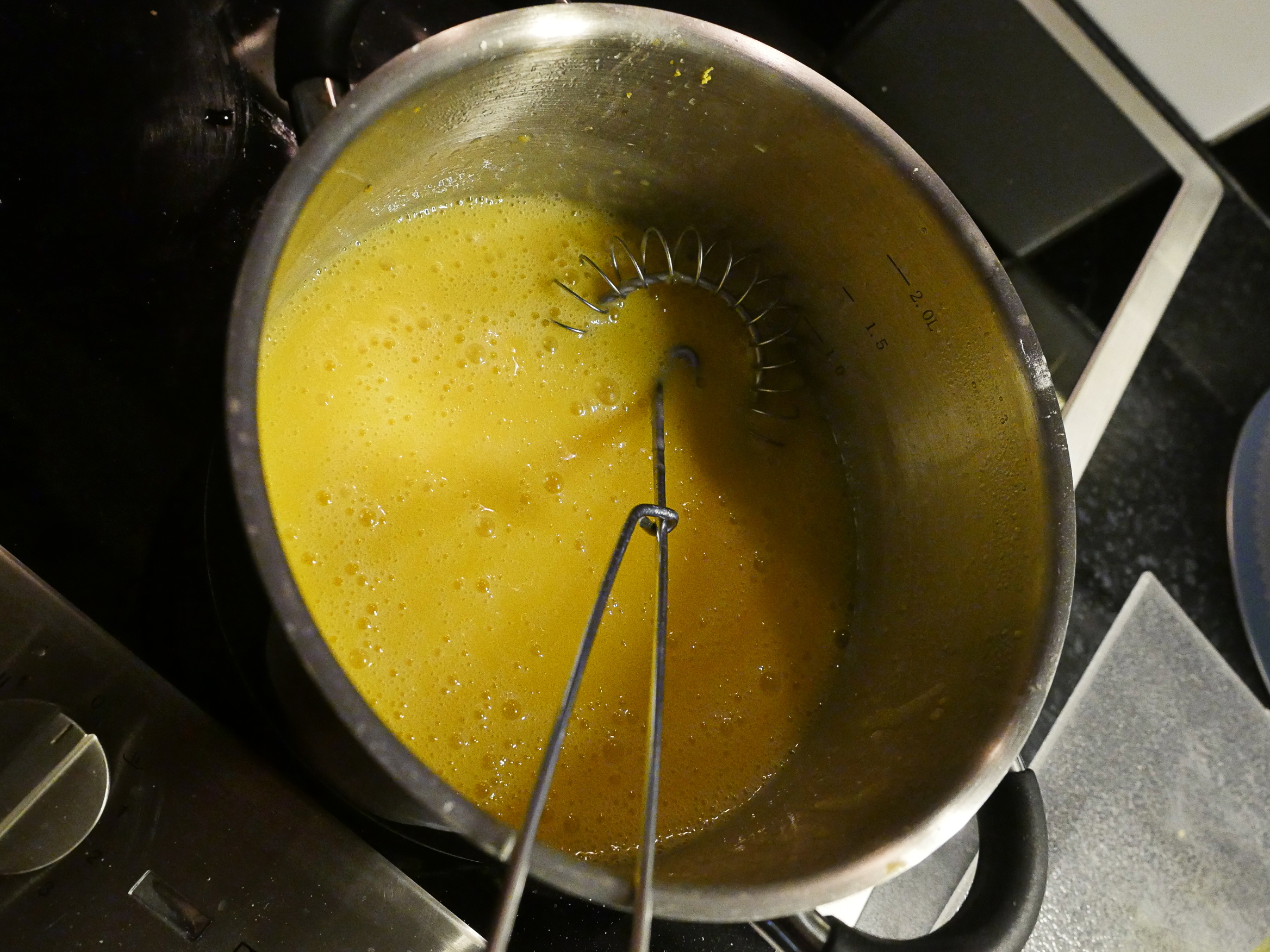
And then it all turns into a custard with three egg yolks and one whole egg. It tastes very lemoney: very tart, and I was tempted to dump more sugar into it, but I resisted. I mean, there’s gonna be meringue, so I’m hoping that’ll even things ou.
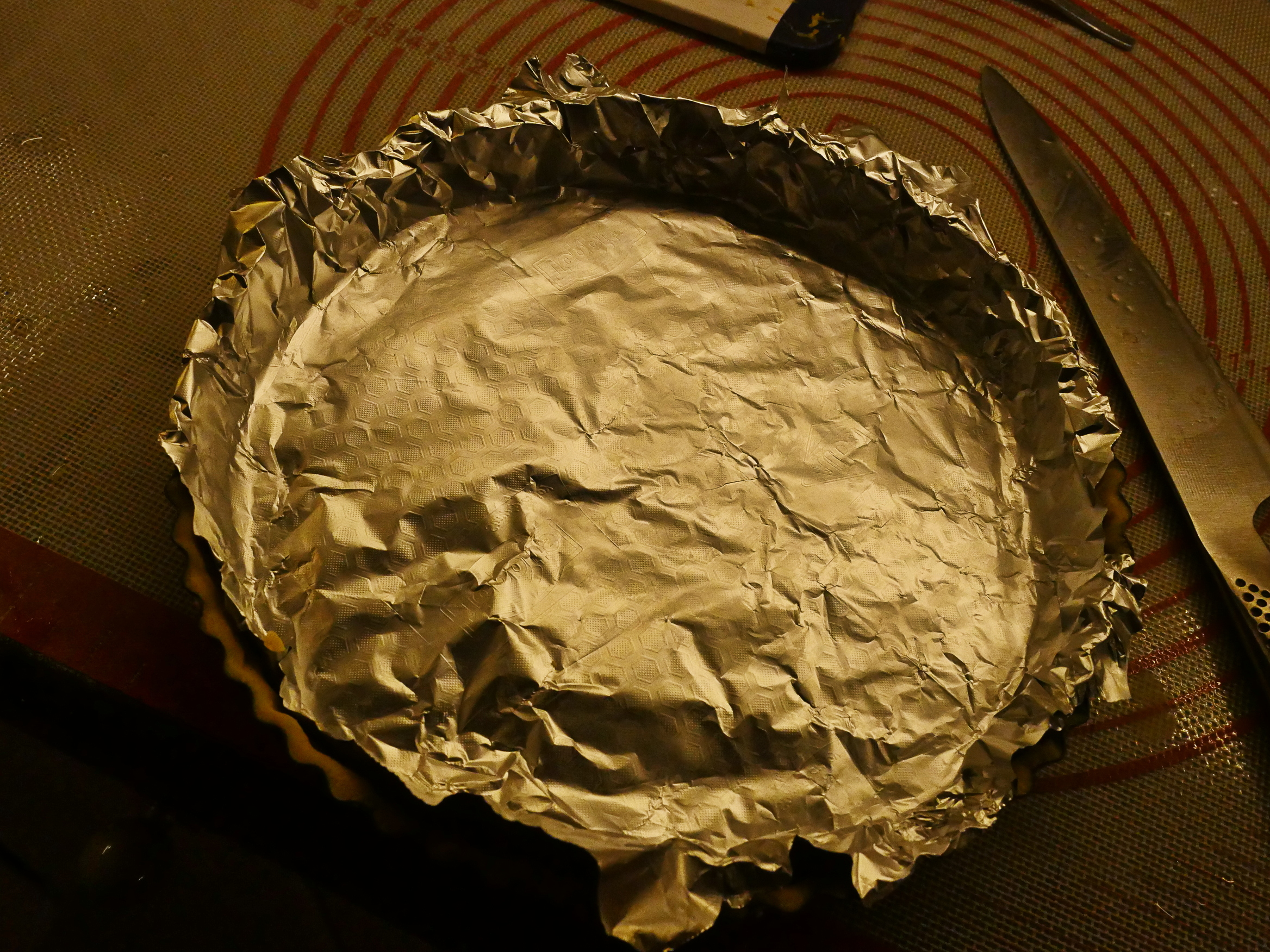
Meanwhile, the pie shell is out of the fridge…
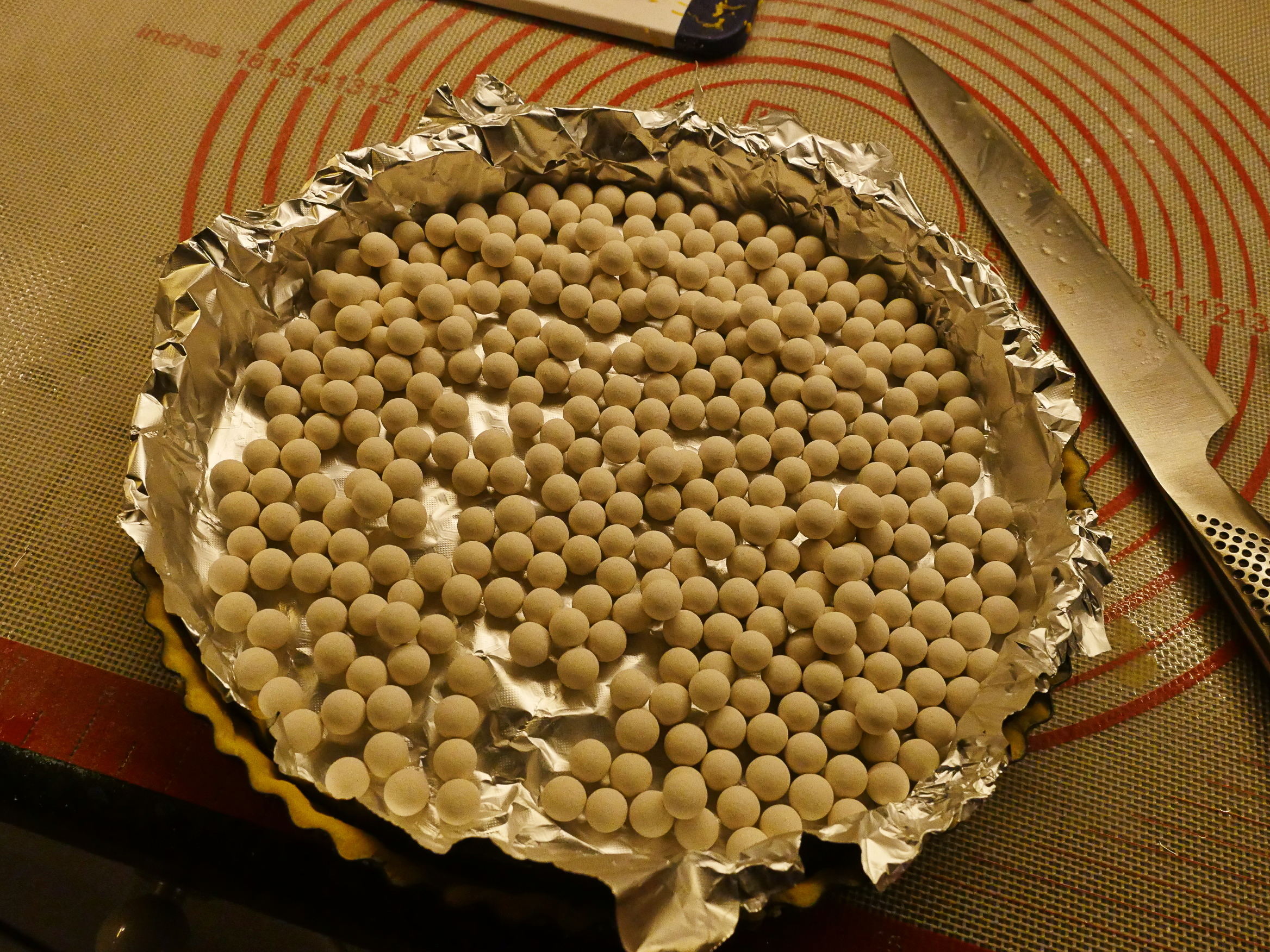
.. and lined with alu foil and with some ceramic balls to weigh stuff down. (Never used them before.) This is apparently called “blind baking”… because… you can’t see what the crust looks like?

It comes out of the 15m/200C oven very pale, of course.
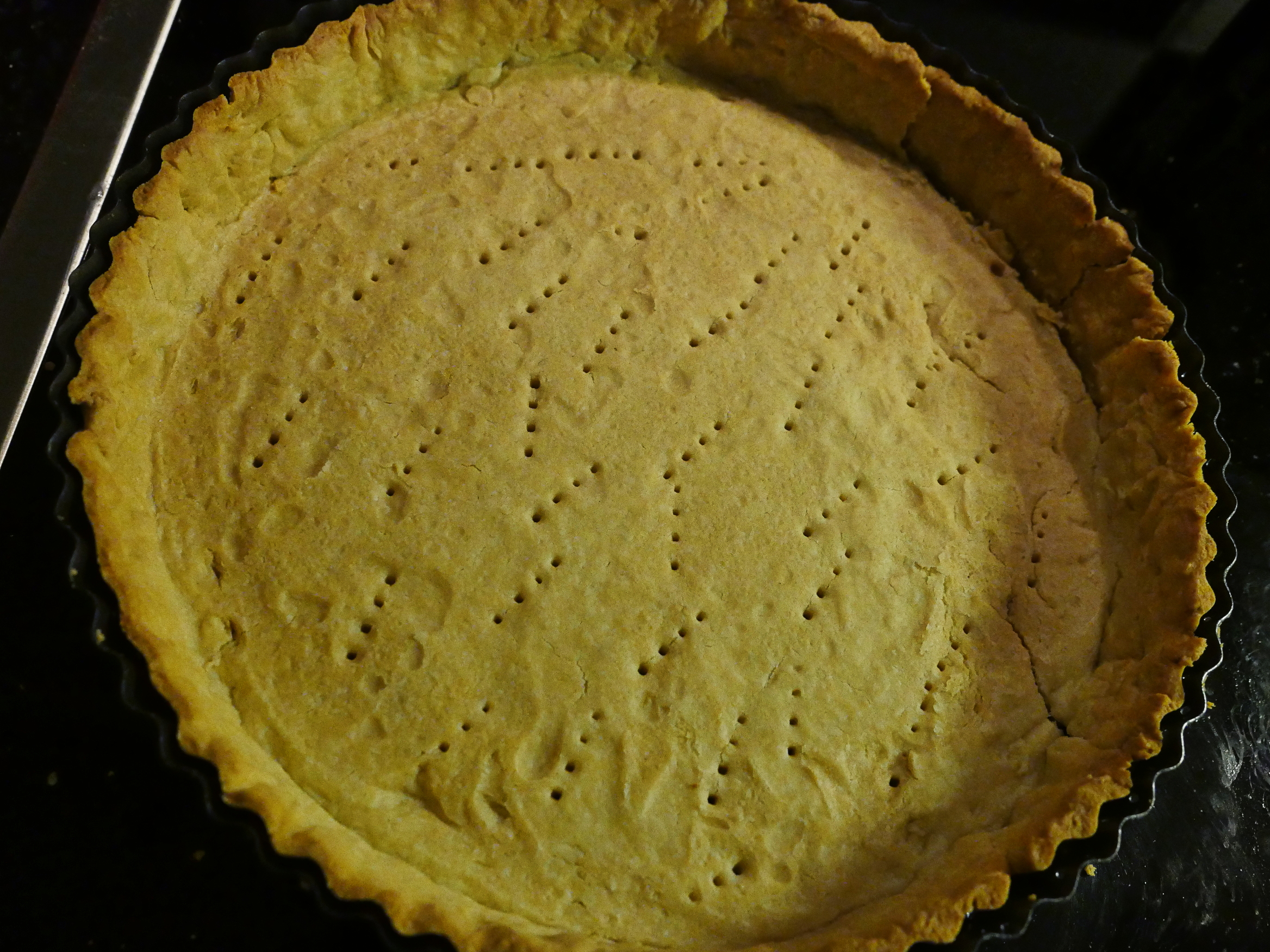
But then I bake it for 8 more minutes without the foil, and it get kinda crispy and a nicer colour.

And I picked up the pie form wrong: It’s almost impossible to pick it up with one hand, because if you put any force on the bottom, it’ll just pop up. See? I ruined the crust on one side because of that.
They really should come up with a better way to grip those things. Perhaps handles would have been good?

And then the custard goes into the shell…

And then the egg whites and sugar (prepared concurrently; man there was a lot of bowls and implements used for this recipe) on top of the custard.

And then into the oven for 20 minutes.

Wow! I hadn’t expected the egg whites to expand when doing the meringue, so I was worried that there wouldn’t be a sufficient amount…

Getting the pie out of the tin was quite easy: Just push on the bottom, and the outer ring dropped down toot sweet. But getting the bottom out from underneath it seems impossible to me: There’s nowhere to grip on the pie. The shell is very crispy and I’ve carefully angled the pie here so the least broken bits are pointing towards the camera.
Such a cheat!
Let the pie sit in the tin for 30 mins, then remove and leave for at least another 1⁄2-1 hr before slicing. Eat the same day.
*looks at watch*
EEeek! It’ll have to wait over an hour before I can start eating, and I have to eat it all tonight? It’s 20 already!
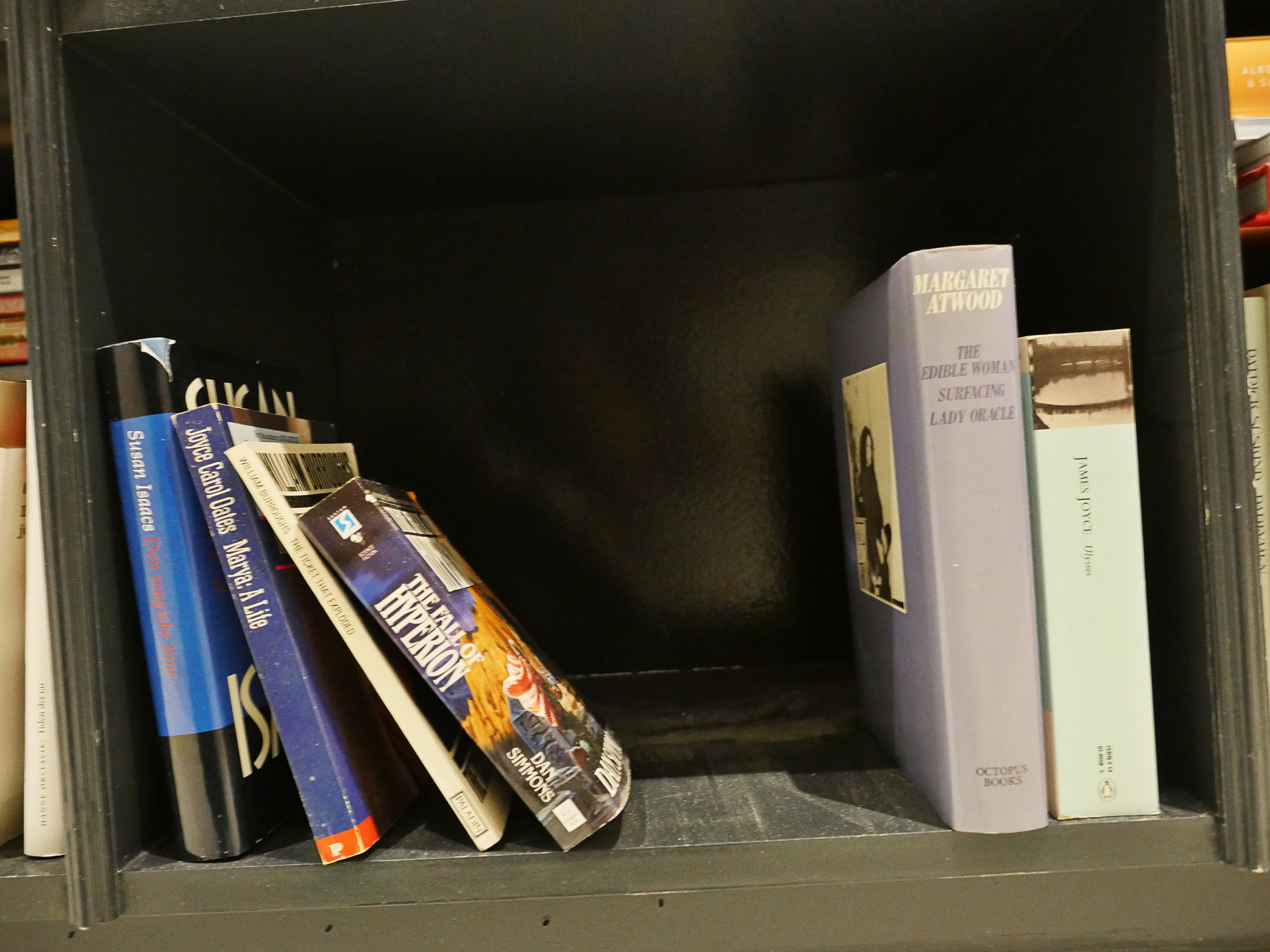
Only six books to go! As usual on Thursdays, I have to pick a book I acquired in the early 90s, but have avoided reading since then.
I choose… Magic Hour by Susan Isaacs, in Norwegian translation.
My reasons for not reading this are pretty straightforward: As I went on at length here, I try to avoid reading books in translation if I understand the language they were originally written in. Which is the case here.
The other reason is that I got this book from the “free book” stash supplied by my sister who worked at a Norwegian publisher at the time. Somehow reading those never seemed as pressing.
And I know absolutely nothing about the author or what genre the book is, but from the cover design I’m assuming “literature”.
Hang on… Is that blood on those pool tiles on the drawing? Is this a murder mystery book of some kind?
Let’s find out!
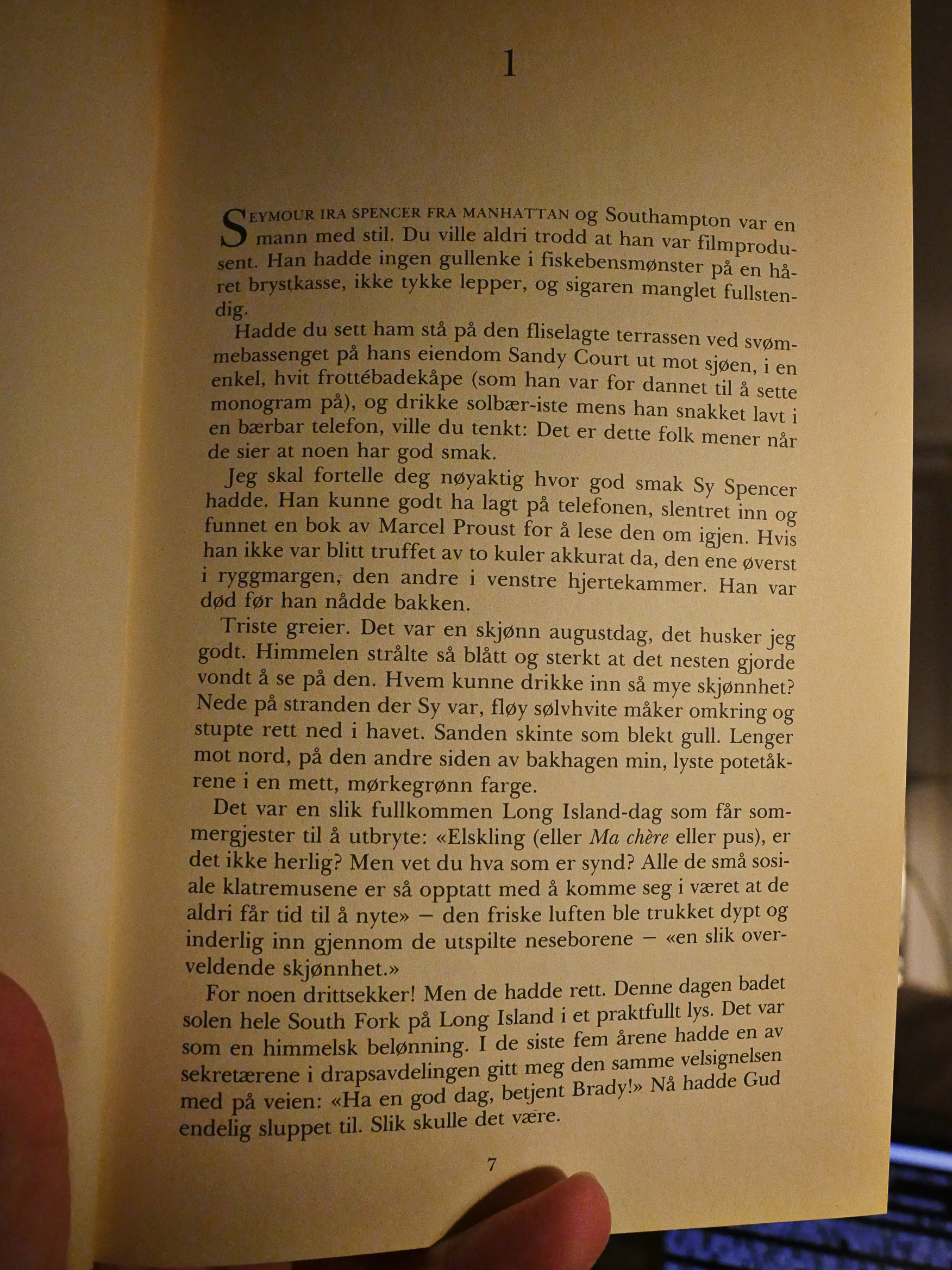
Yes! After all this literature, this looks like entertainment. Already in the first page we have a murder, and the protagonist is a police detective or something.
The language looks to be very florid (no verb without adverb and no noun without an attending adjective) and witty, if not actually funny.
I’ll read some more and report back to you.
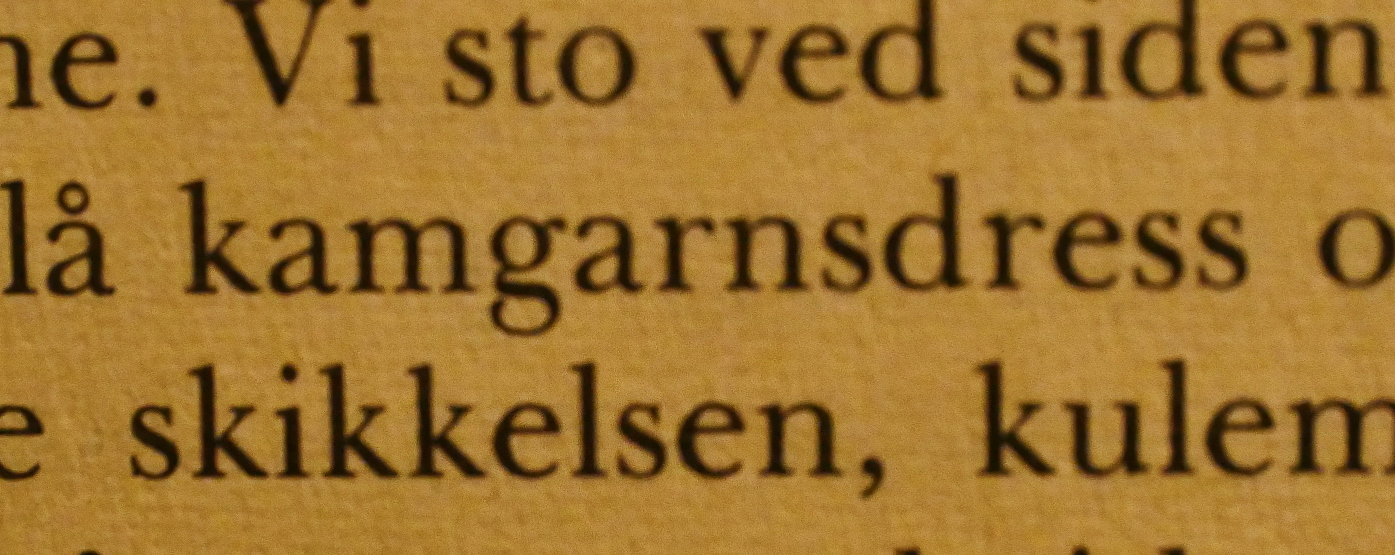
The translation is bizarre. There’s a lot of words here I’m sure I’ve never seen before. Just one at random: “Kamgarnsdress”. It’s a suit, apparently, but what kind?

Oh, right! A worsted suit. I know what that is.
But is that really a word in Norwegian?
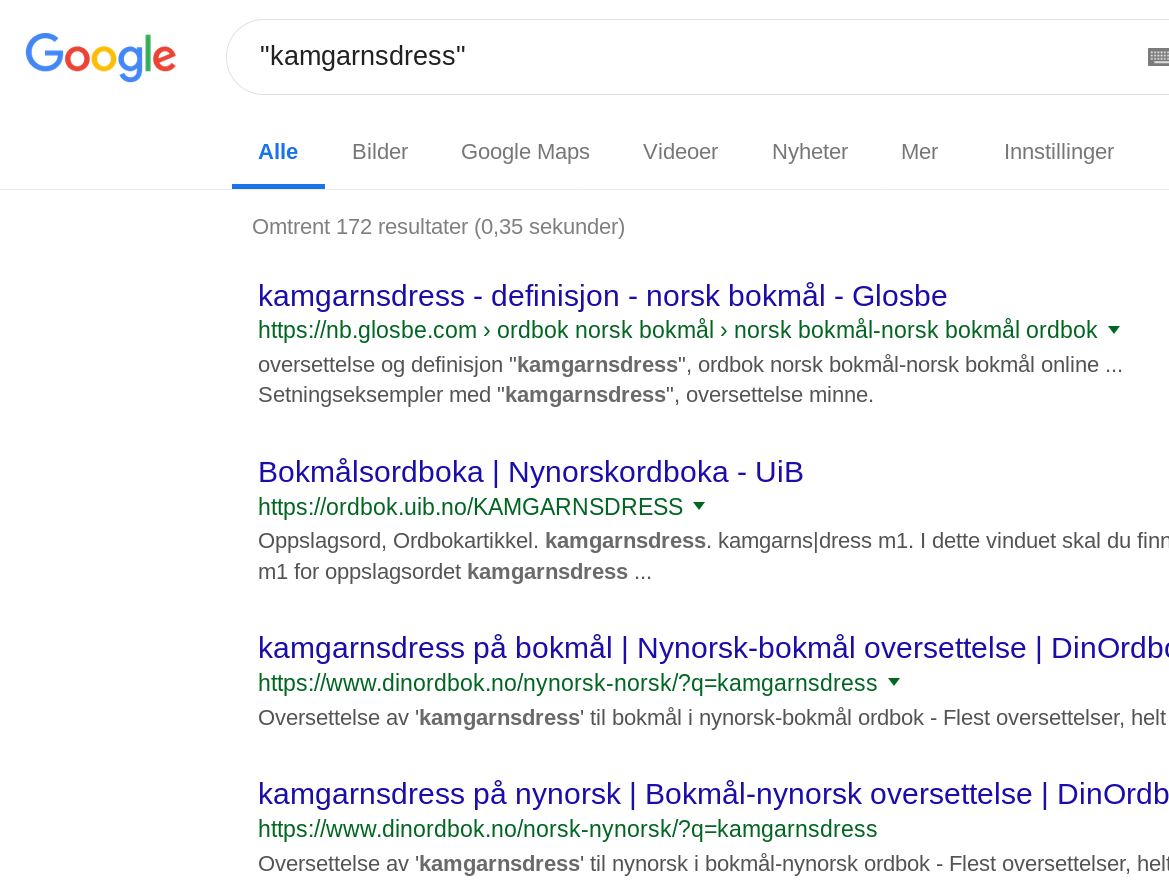
Not really: There’s a whopping 172 hits, and the vast majority are from dictionaries.
There’s just so many of these that it makes me wonder whether the translator didn’t know Norwegian well and is just looking up words in dictionaries. If it had been a modern translation, I would have guessed that it was a machine translation, but it’s old, so I guess not.
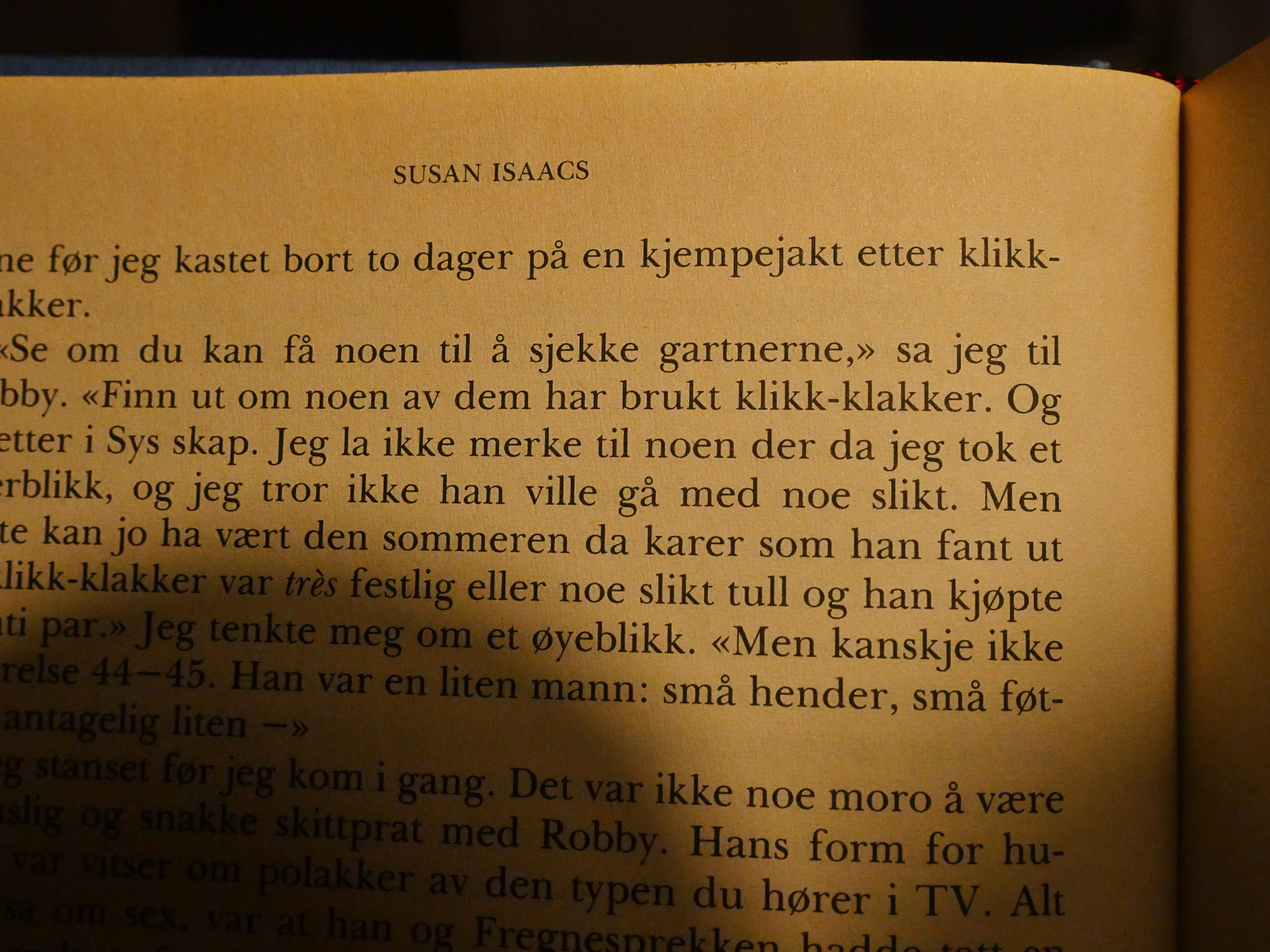
And the incomprehensibilities just keep coming. “Klikk-klakker”? It’s an unknown term to me, but according to somebody on google, they’re clogs? Why would anybody be using clogs here? Does she mean flip flops?
At this point my curiosity about what the book really said just got the best of me and I bought it on Kindle.
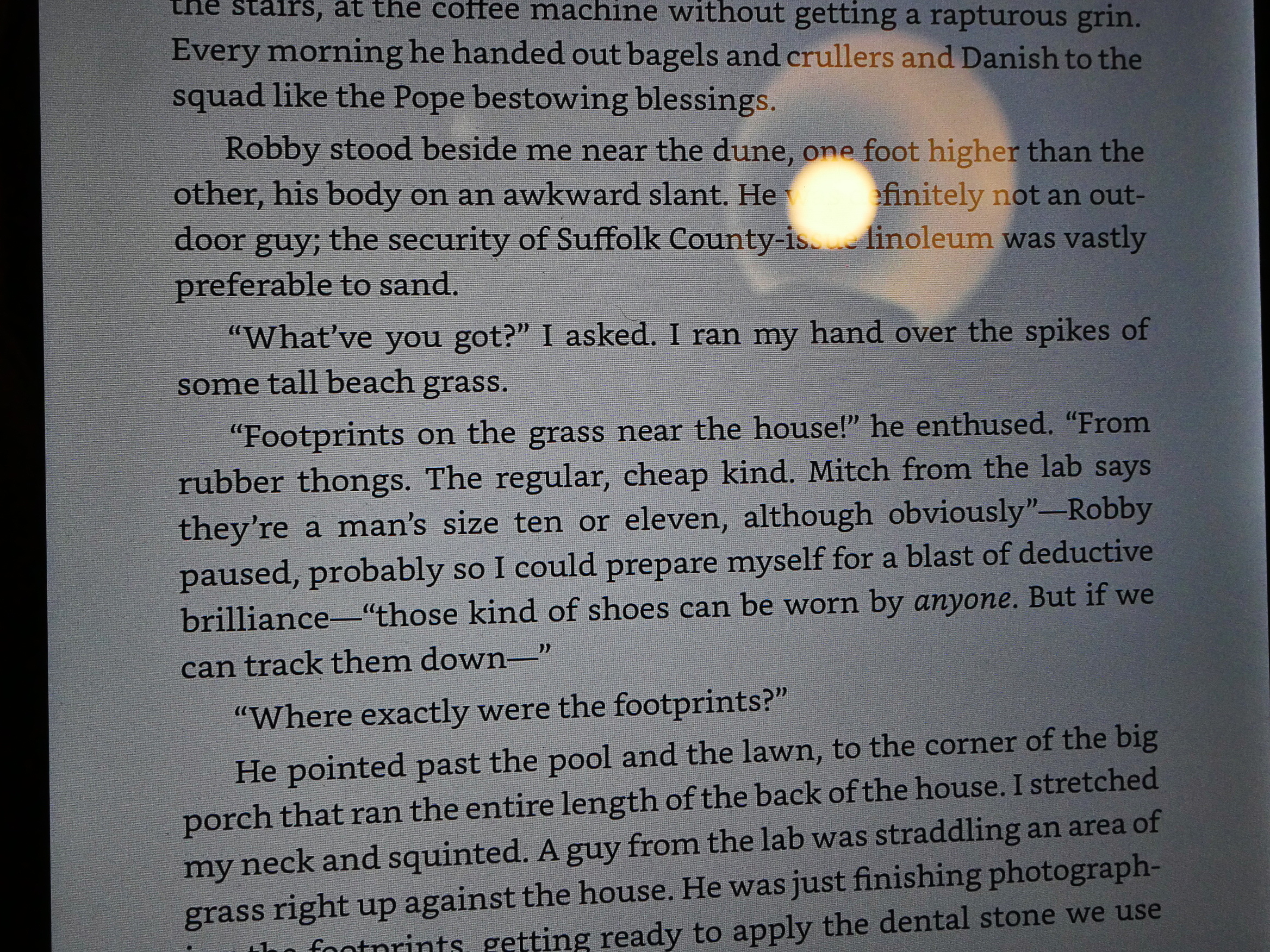
Oh, yeah. Flip flops. Or “rubber thongs” as the character calls it… (Is he from Australia?)
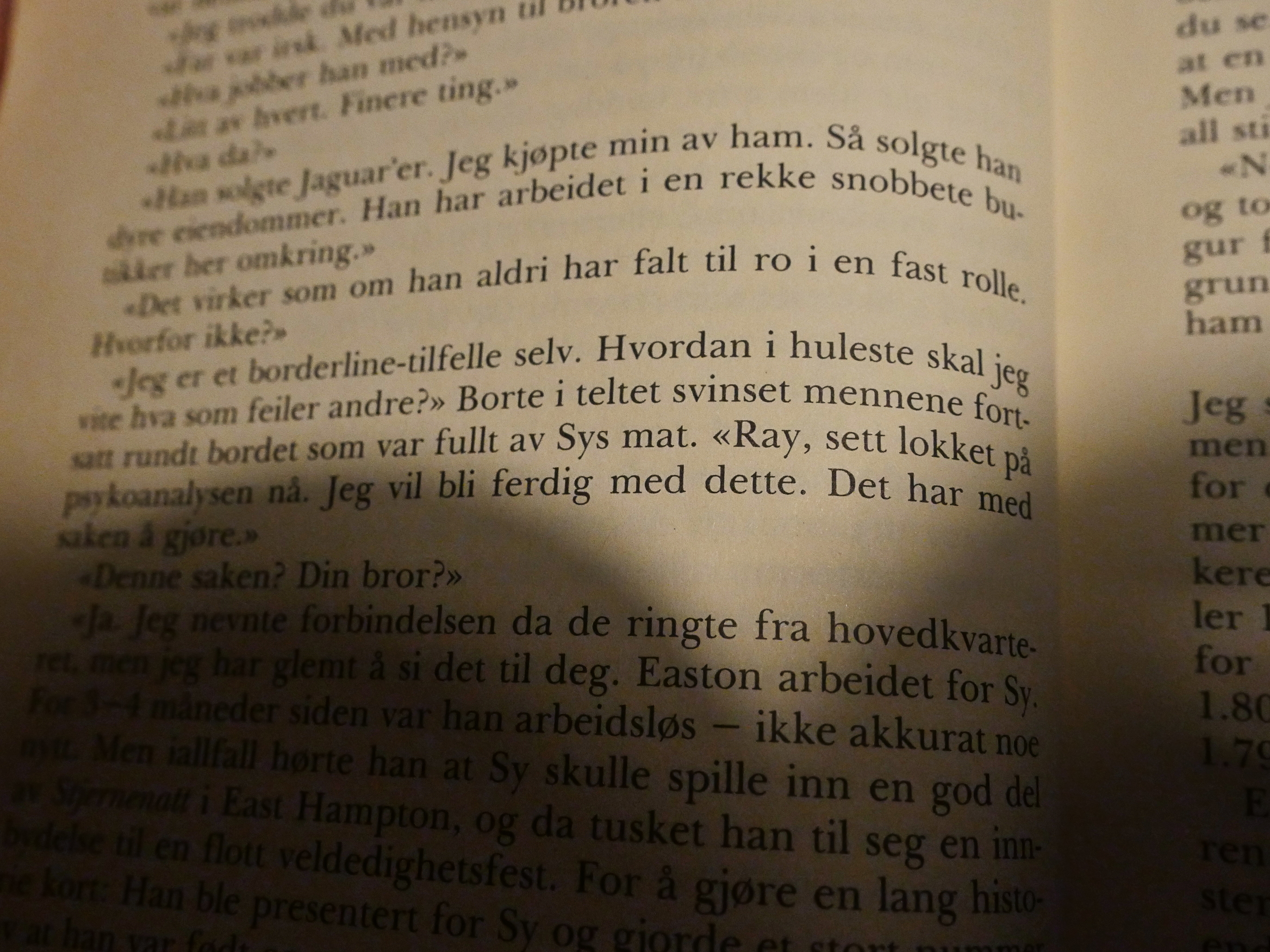
“Borte i teltet svinset mennene” which means “in the tent the men were swishing”, and that’s about a bunch of cops…
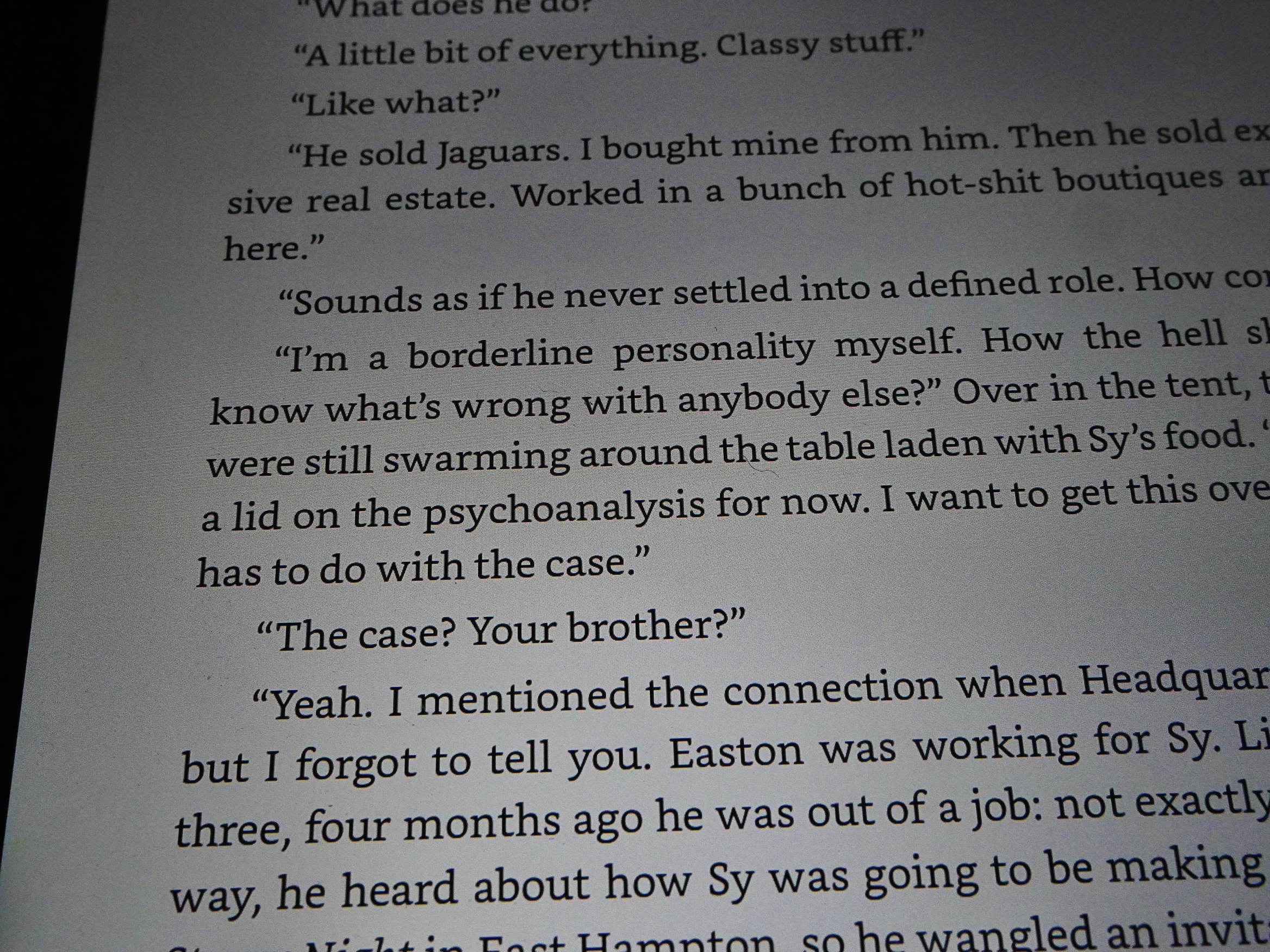
Oh, “swarming”.
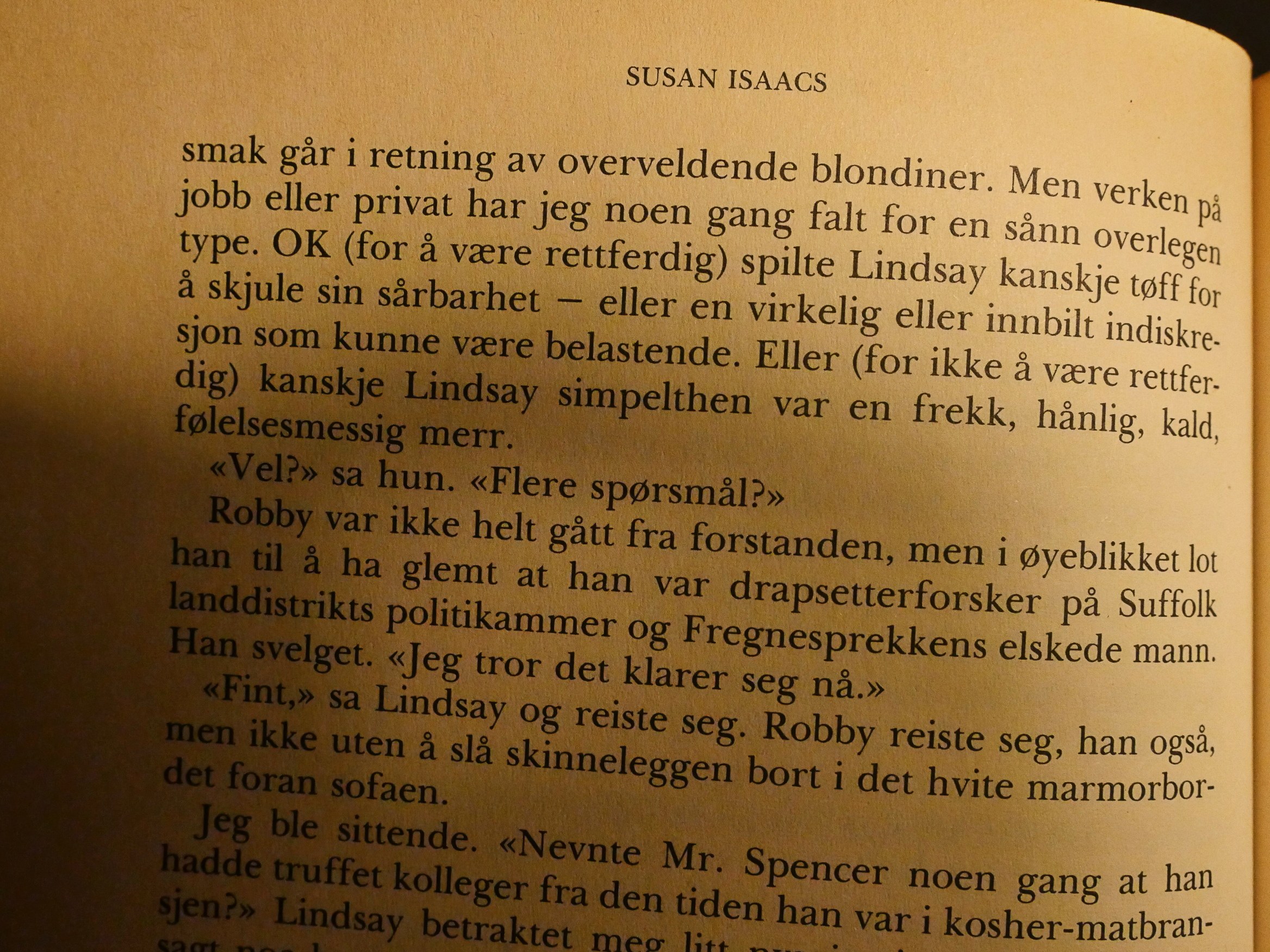
If I back-translate that last sentence in the first paragraph, it goes “perhaps Lindsay was just a rude, scornful, cold, emotional bitch”. Which makes no sense. Is she cold or emotional?
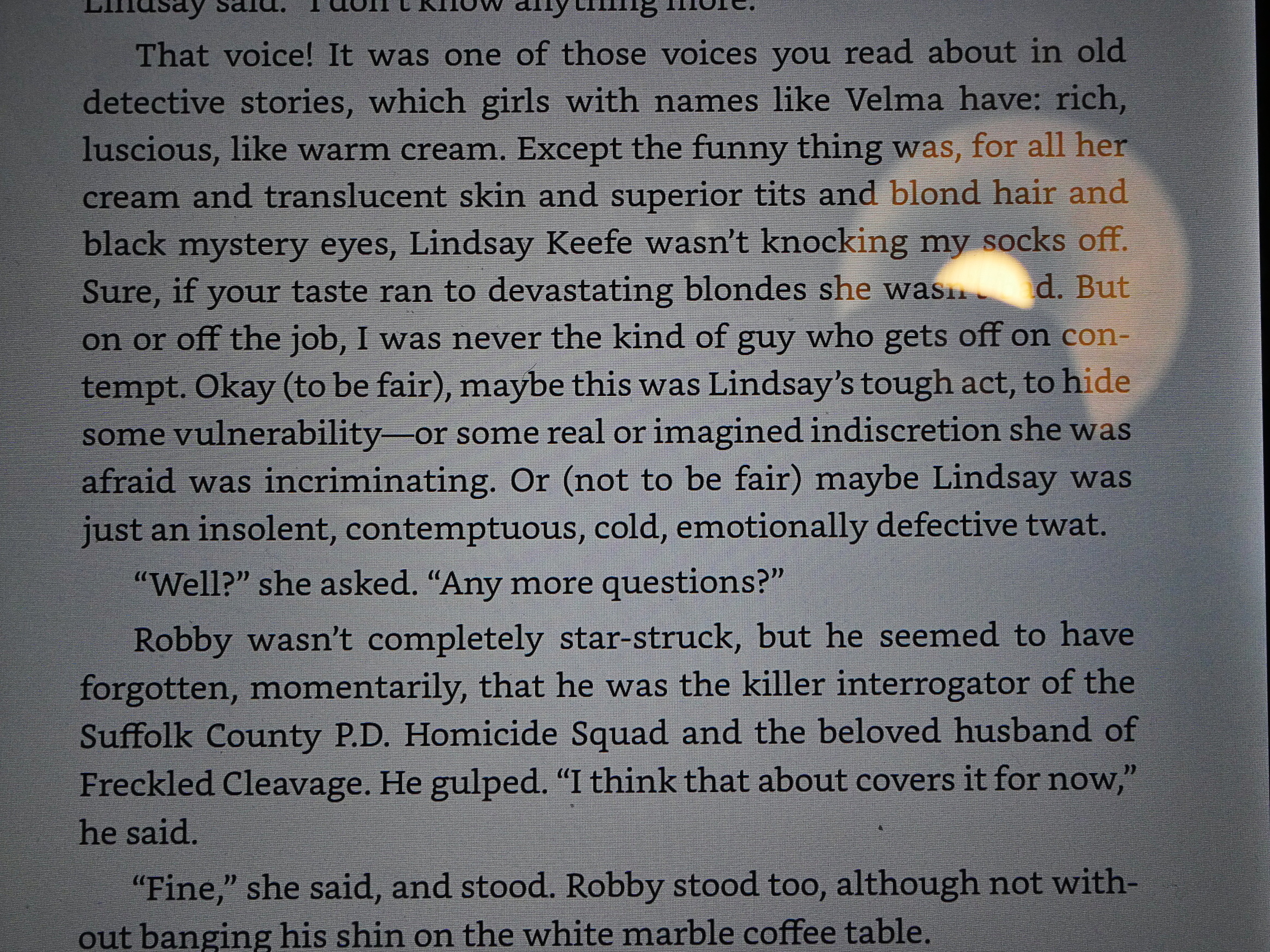
“maybe Lindsay was just an insolent, contemptuous, emotionally defective twat”.
*sigh*
At this point I decided to just give up: Reading the Norwegian version, there’s just so much that doesn’t makes sense. I find myself having finished a paragraph, lost, not quite knowing what just happened. I wonder whether the translator was just transliterating English into Norwegian and that’s why everything seemed so… abstract… But she’s not: She rearranges words into proper Norwegian.
It’s just that it’s so bad. From the antiquated choice of words, to neologisms that convey nothing or the wrong thing. For instance, our protagonist has fun names for everybody: There’s a woman he just refers to as Freckled Cleavage. The word the translator settles on, “Fregnesprekken”, is best reverse-translated into “Freckled Slit”, which, er, implies something quite different about their relationship.
ANYWAY! By switching to the English version, perhaps the book’ll make more sense.

OK, the pie has cooled off now… Hm… it’s certainly very moist… Or rather, wet. I had expected something more cake-like, but what do I know.

The pie crust is quite nice. Not soggy at all, but not desiccated either. The filling is very tart. Even combined with the meringue, it’s too sour for me. And the meringue itself should have been crispier, really. So should it have baked longer? Is this what it’s supposed to be?
Not one of the more successful baked goods in this blog series, but it was fun to make.
How does it pair with the book?
The book is about the murder of a rich movie exec. Which is so refreshing after having read a handful of modern thrillers last year. Perhaps they could just rename the genre How To Horribly Dismember Women instead to make things line up better with reality, because there’s nothing thrilling about reading yet another book about some psycho hacking away at a bunch of poor women. I’m now officially boycotting any mysteries where that’s the main plot, which means that I’m choosing to read zero mysteries written after 1995.
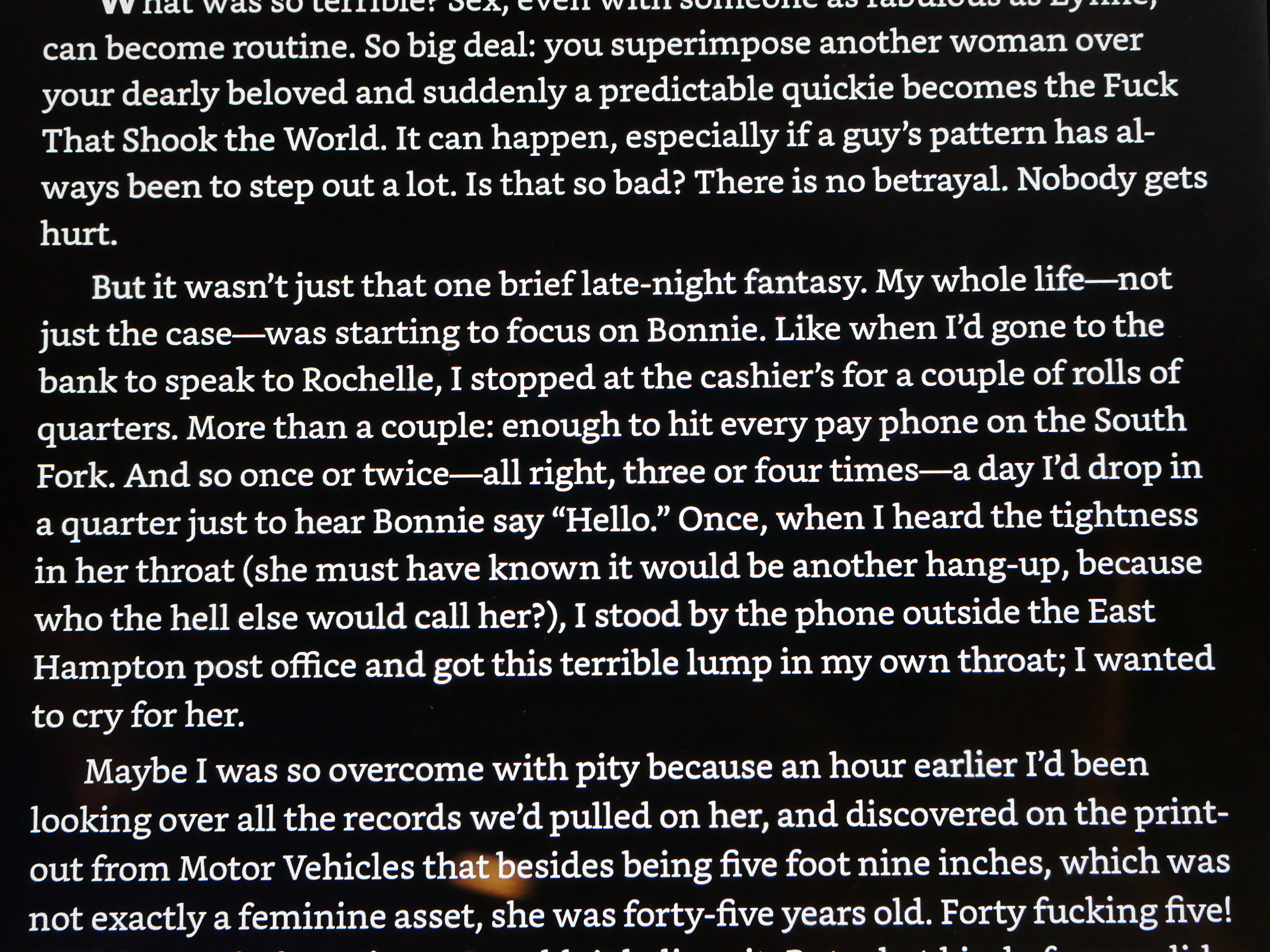
The protagonist here is a police detective, and I guess you could call this a police procedural? It’s well written and has a pretty intelligent plot, but the protagonist (who falls in love with one of the suspects, of course) is just so over-the-top sometimes that I wondered whether Isaacs was going to subvert the genre by having the book turn into a psychodrama about him really being totally loopy. For instance, in the sequence above, he’s apparently taken to calling her from random pay phones and hanging up after she says hello.
Because he wants to hear her voice.
PSYCHO ALERT!
But Isaacs doesn’t do anything with this, really. I get the feeling that she thinks this is kinda cute behaviour? Somehow?
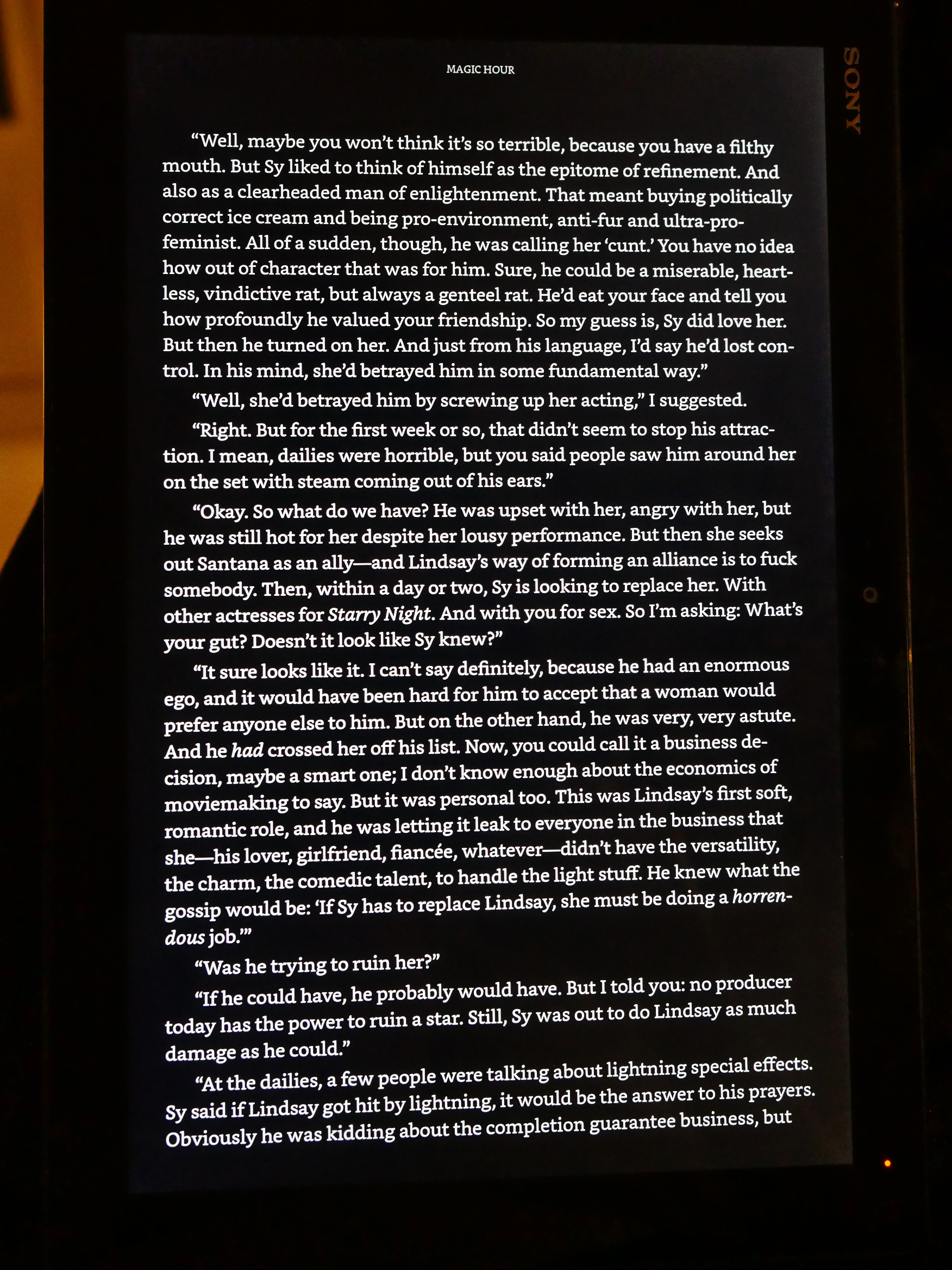
But, no, they get together and find true love (OOPS SPOILERS) and spend chapter after chapter hiding out from the other cops (!) and talking and talking and (of course) solve the mystery.
Those chapters were really boring.
But well written, I guess. Isaacs has a nice way with words. Her sentences don’t always go the way you’re expecting: They have a zing to them. She’s not funny, per se, but she’s witty.
It’s an entertaining read.
However, the surprise reveal of the killer literally gave me cancer, because I’d figured it out two hundred pages earlier (it was the only one that made logistical sense, emotional sense, dramatic sense and structural sense for it to be the murderer) and was hoping for a surprise, and I’m now dead.
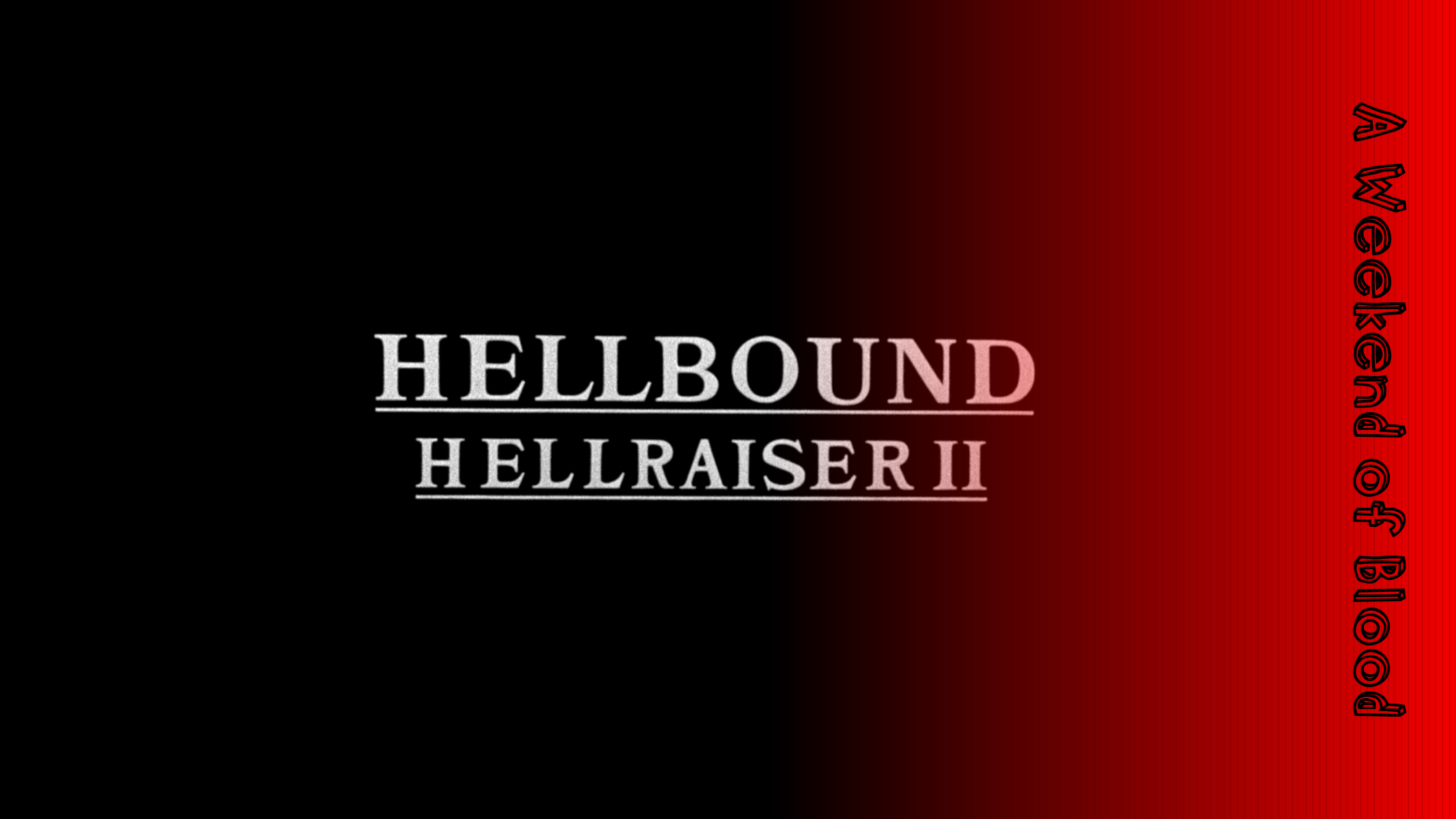

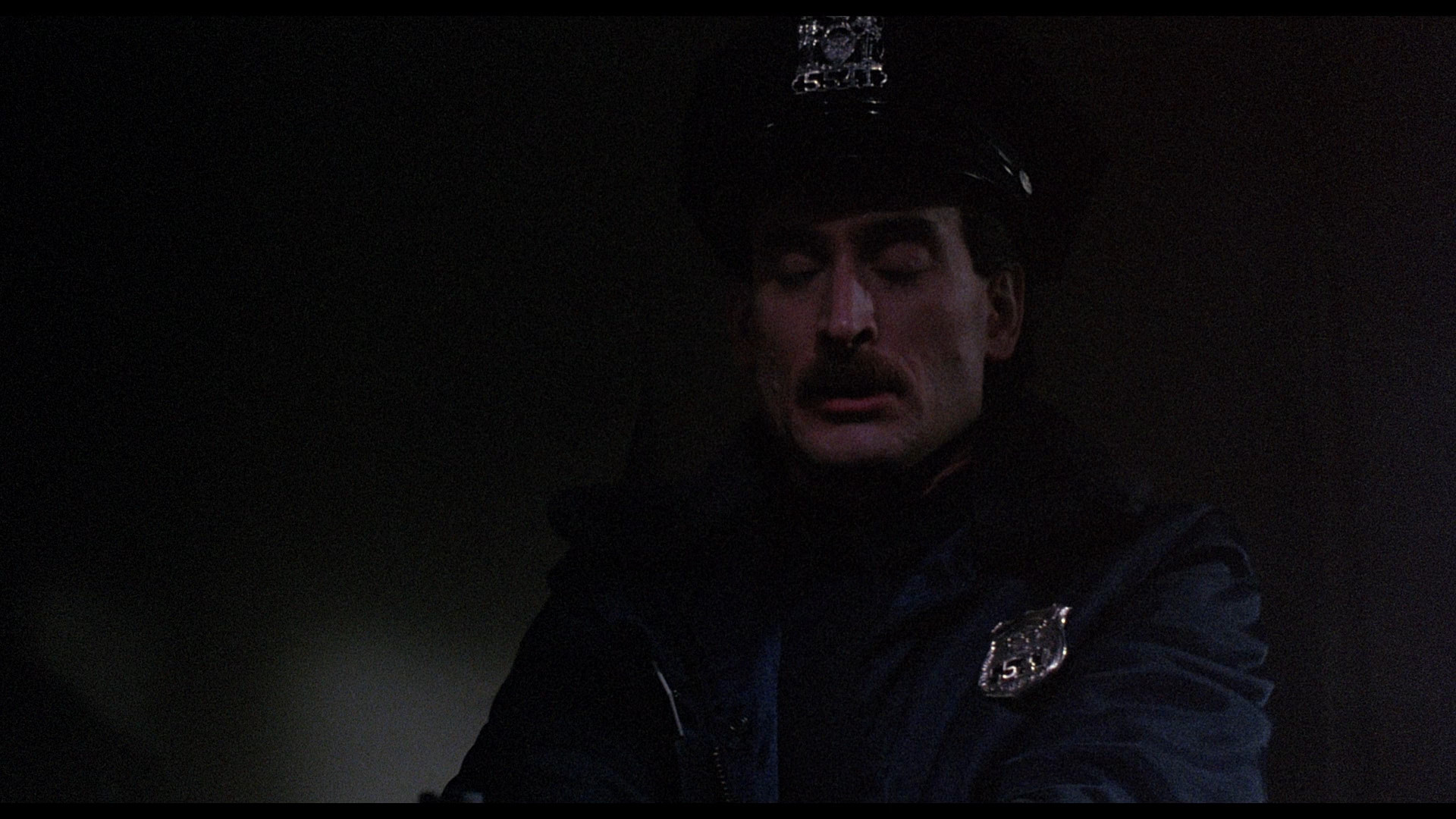

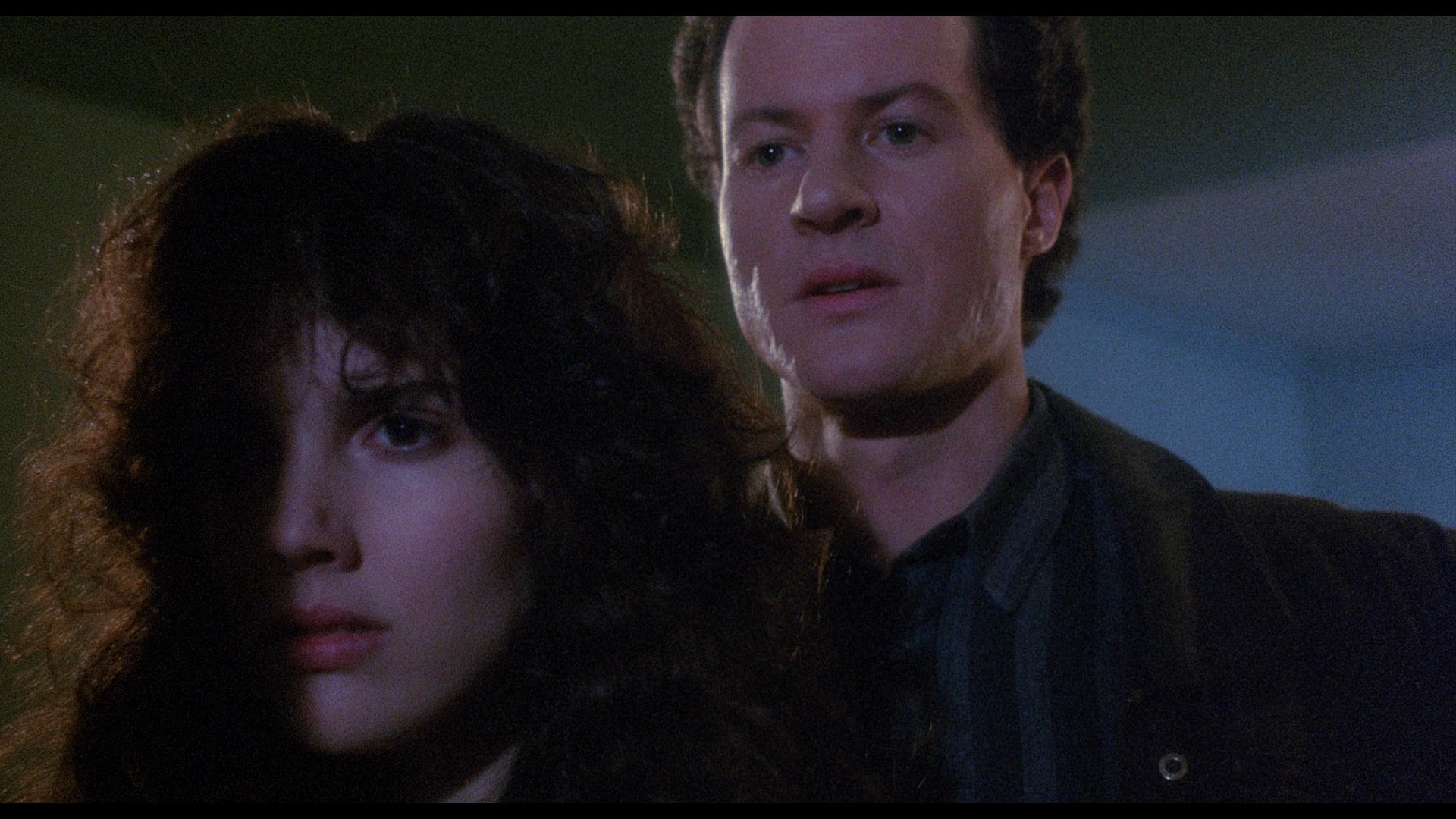
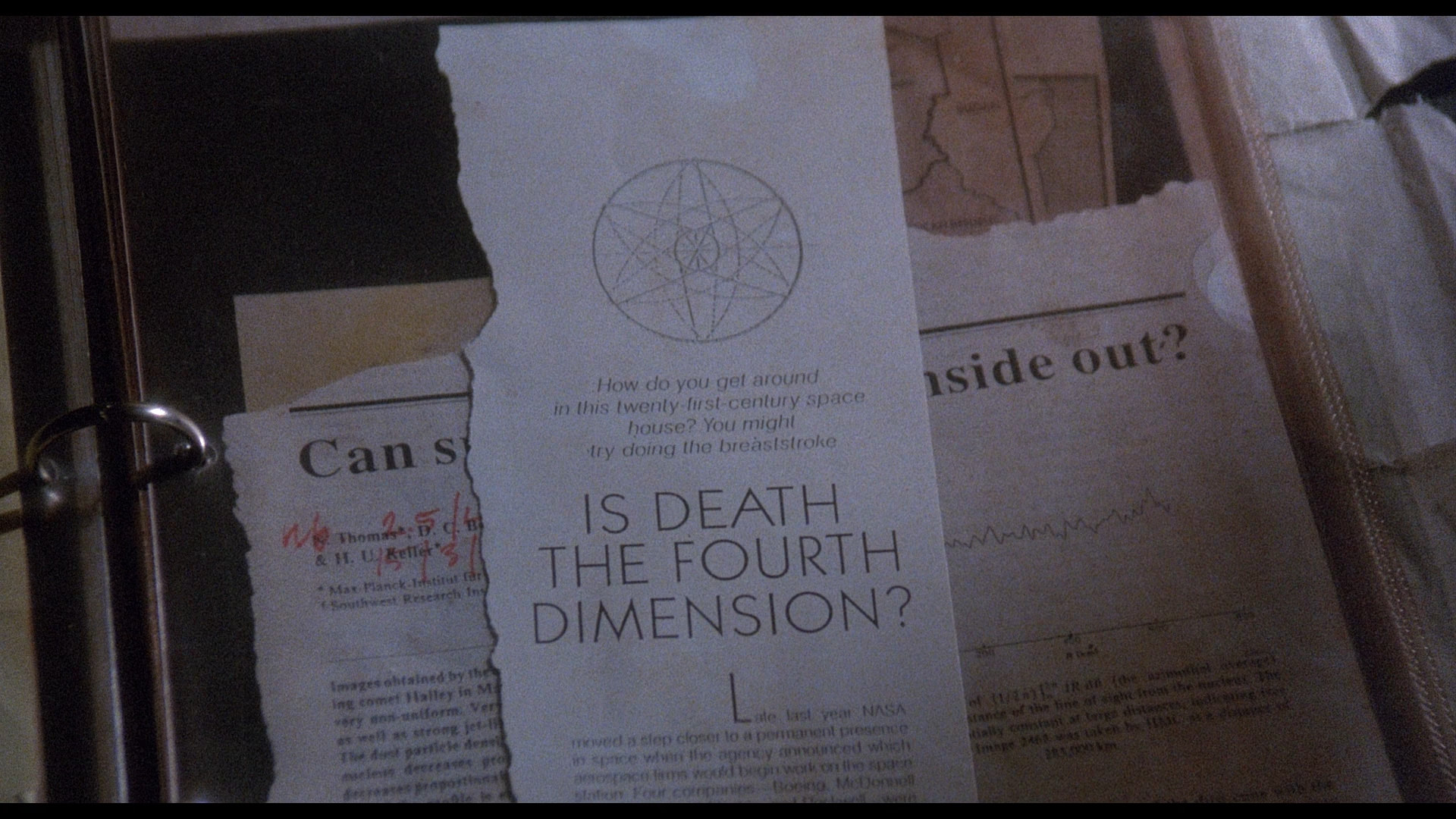



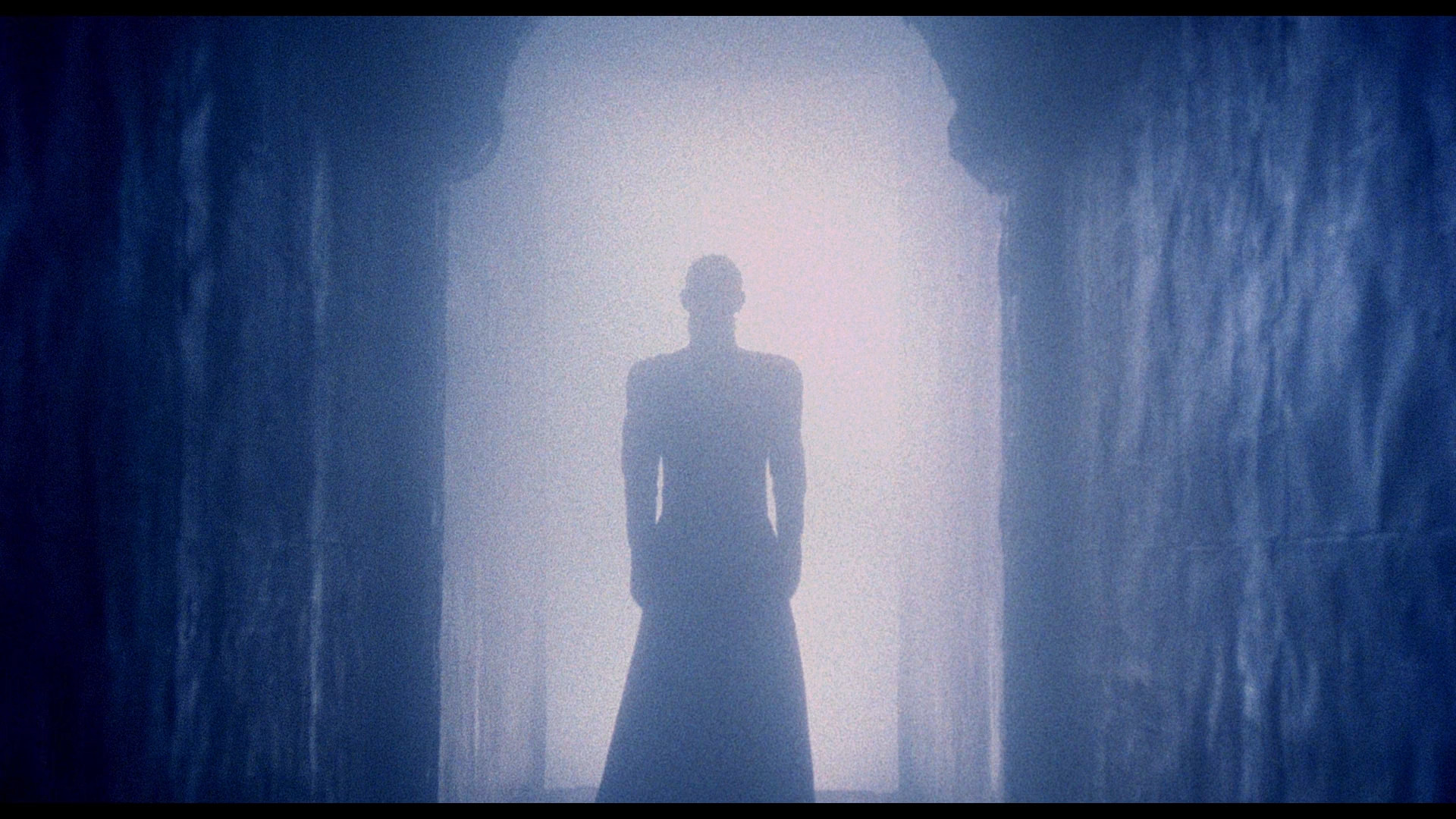
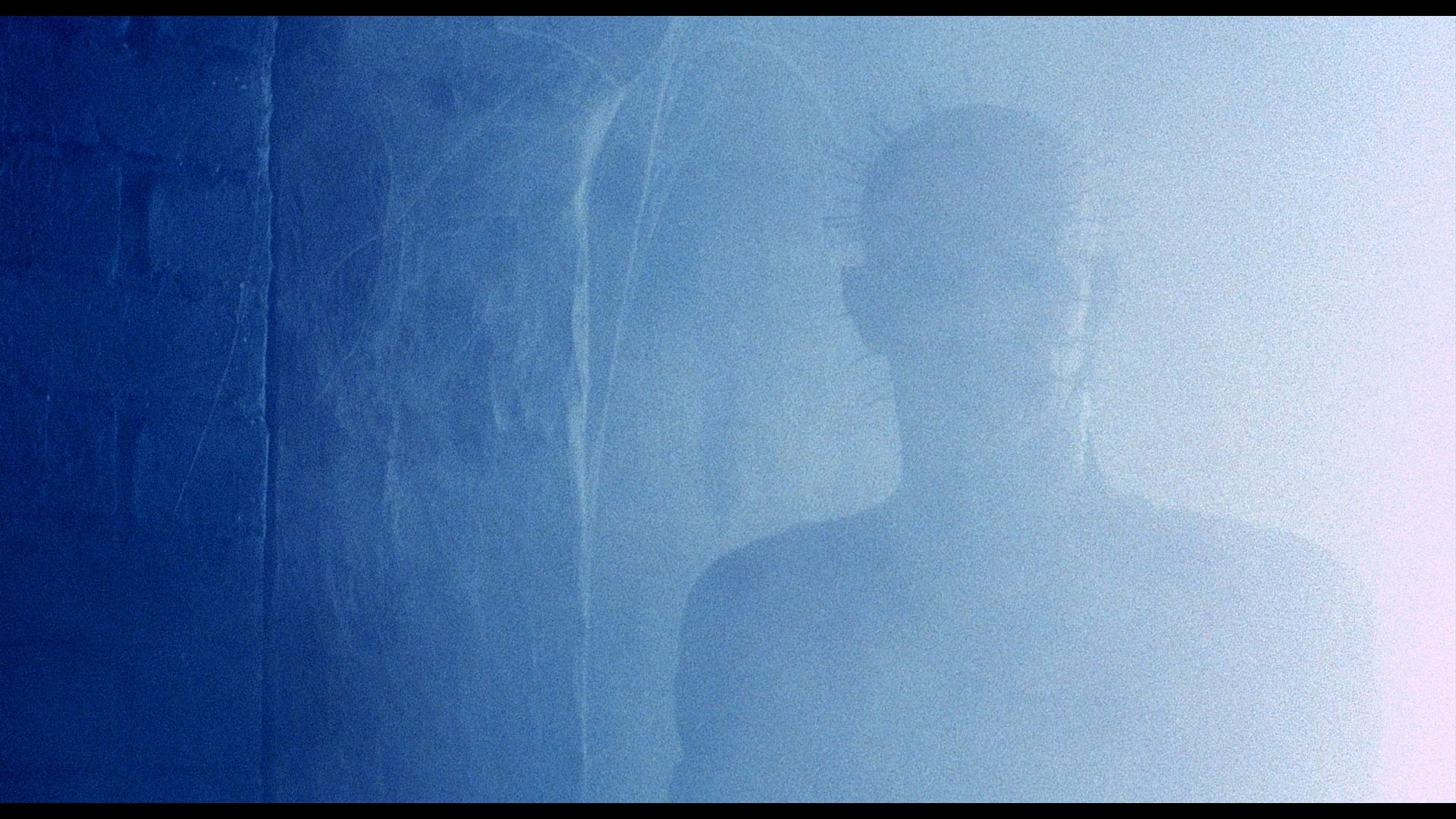
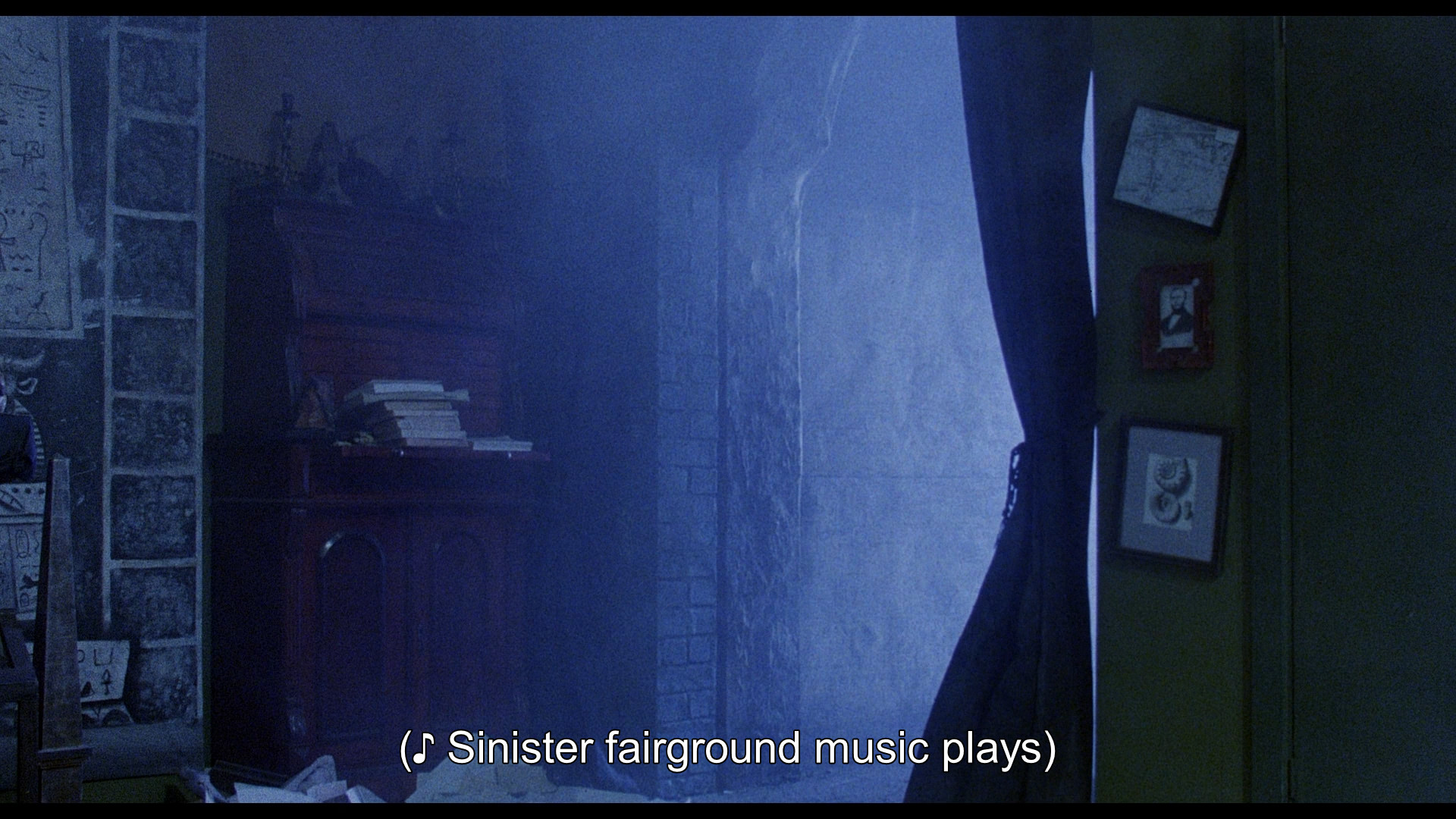

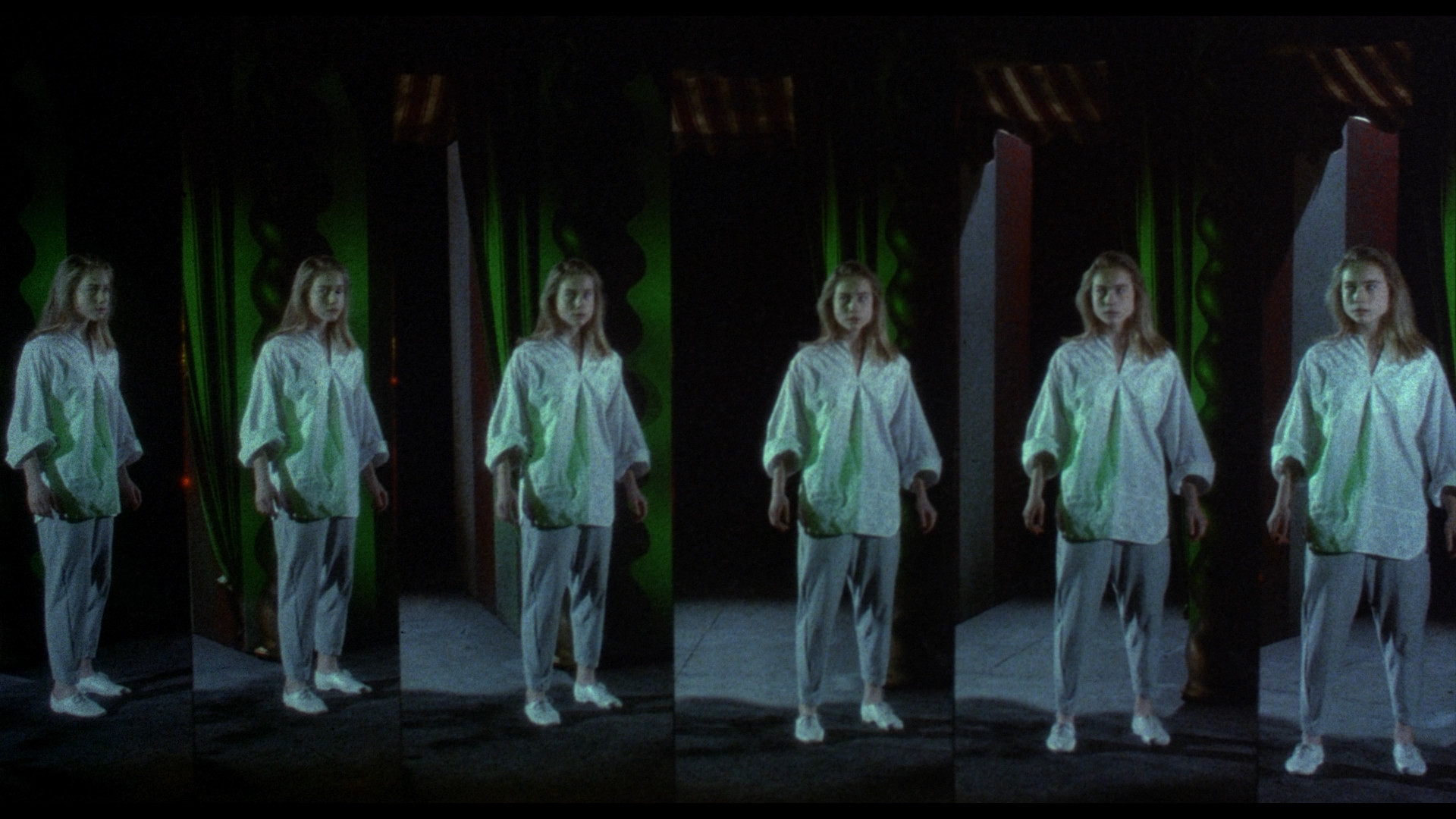
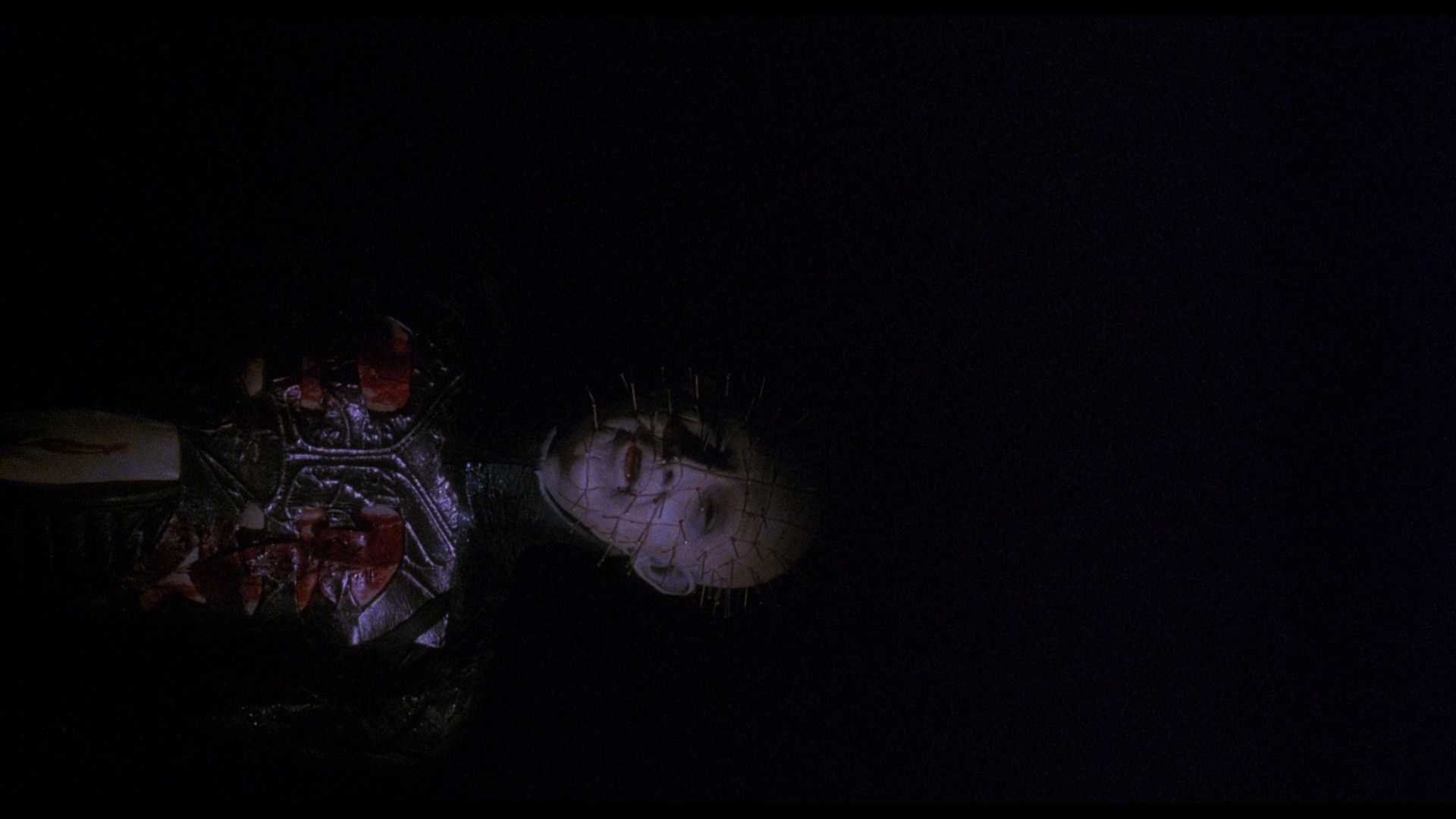





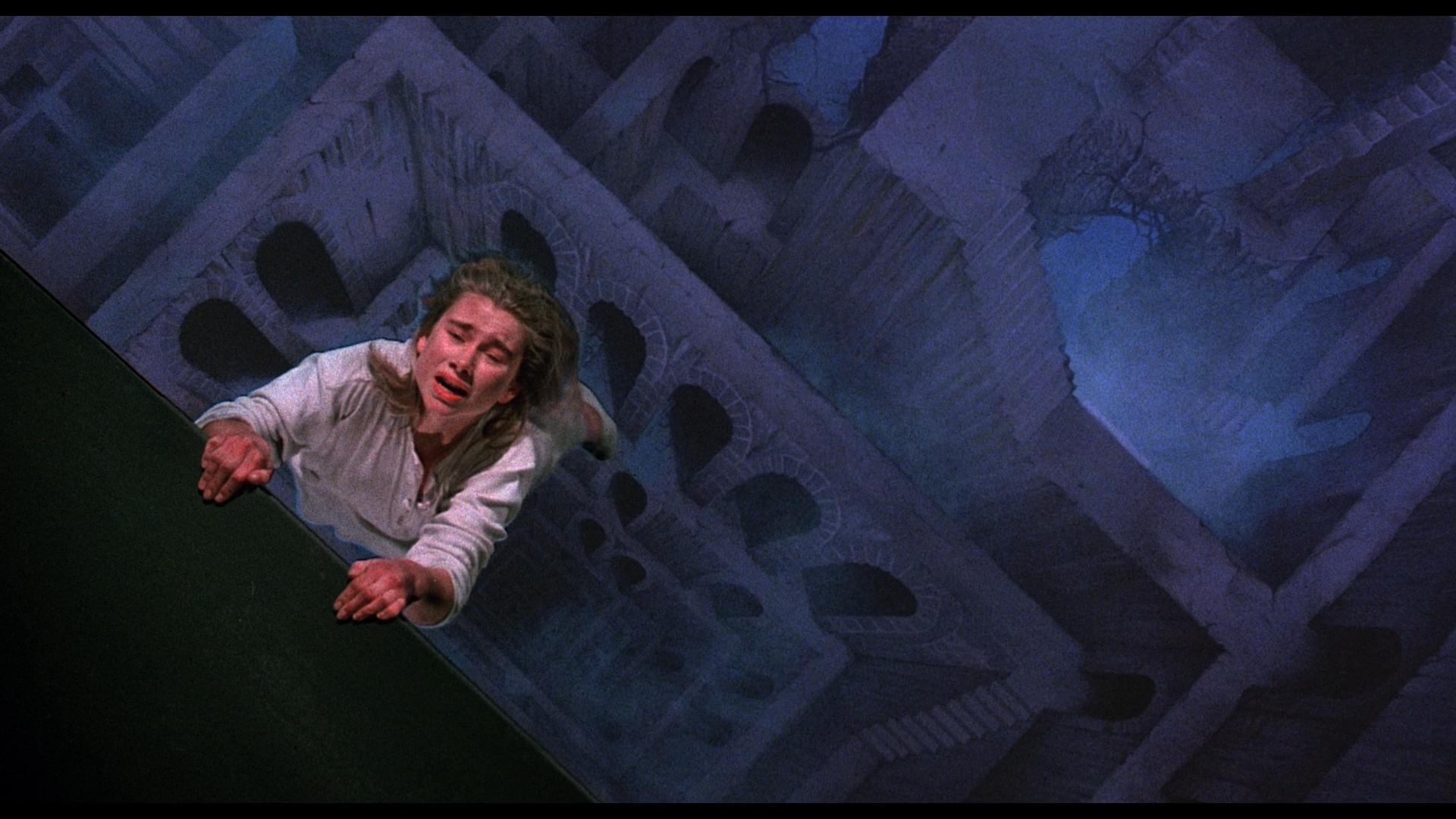
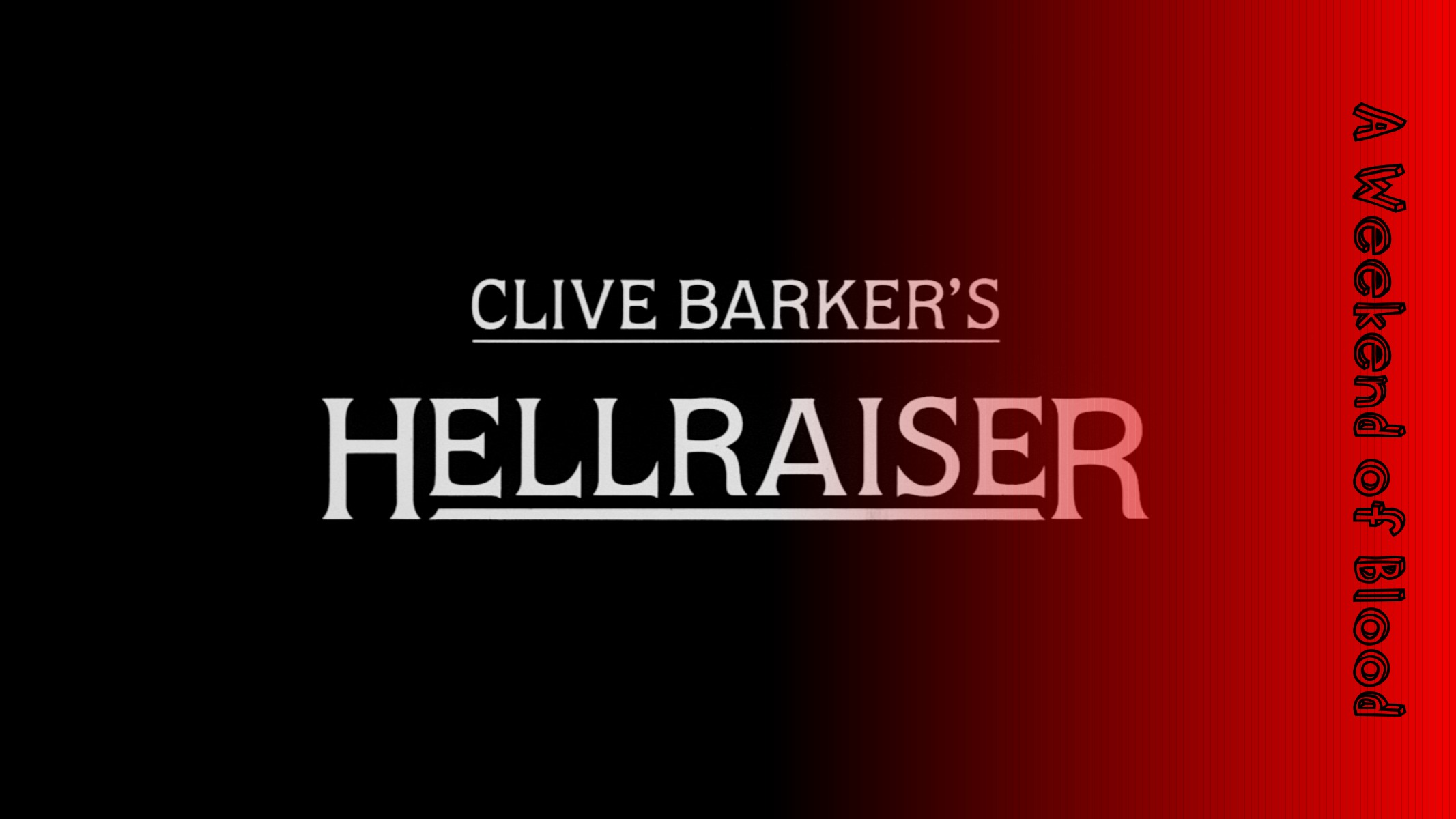
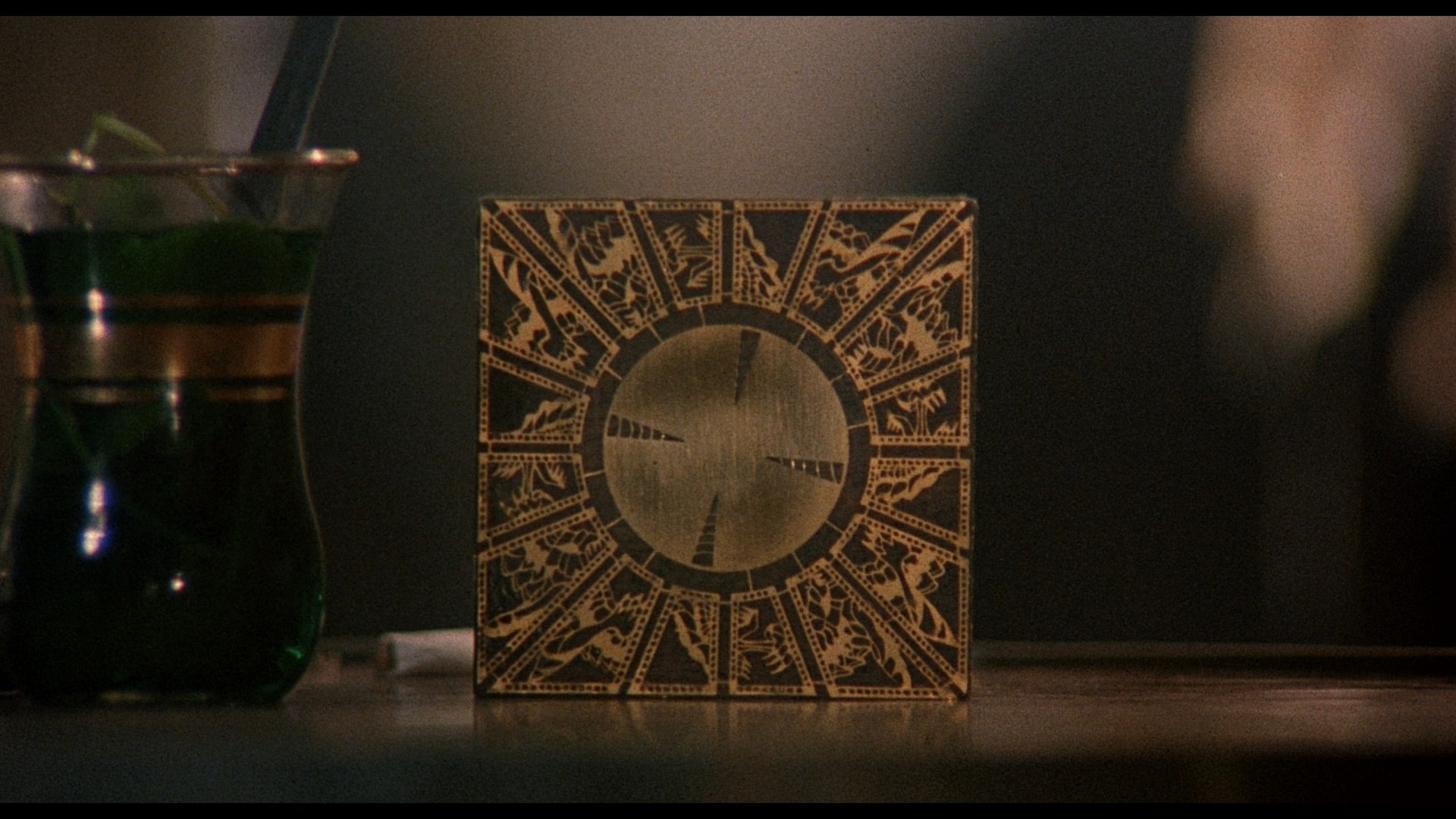
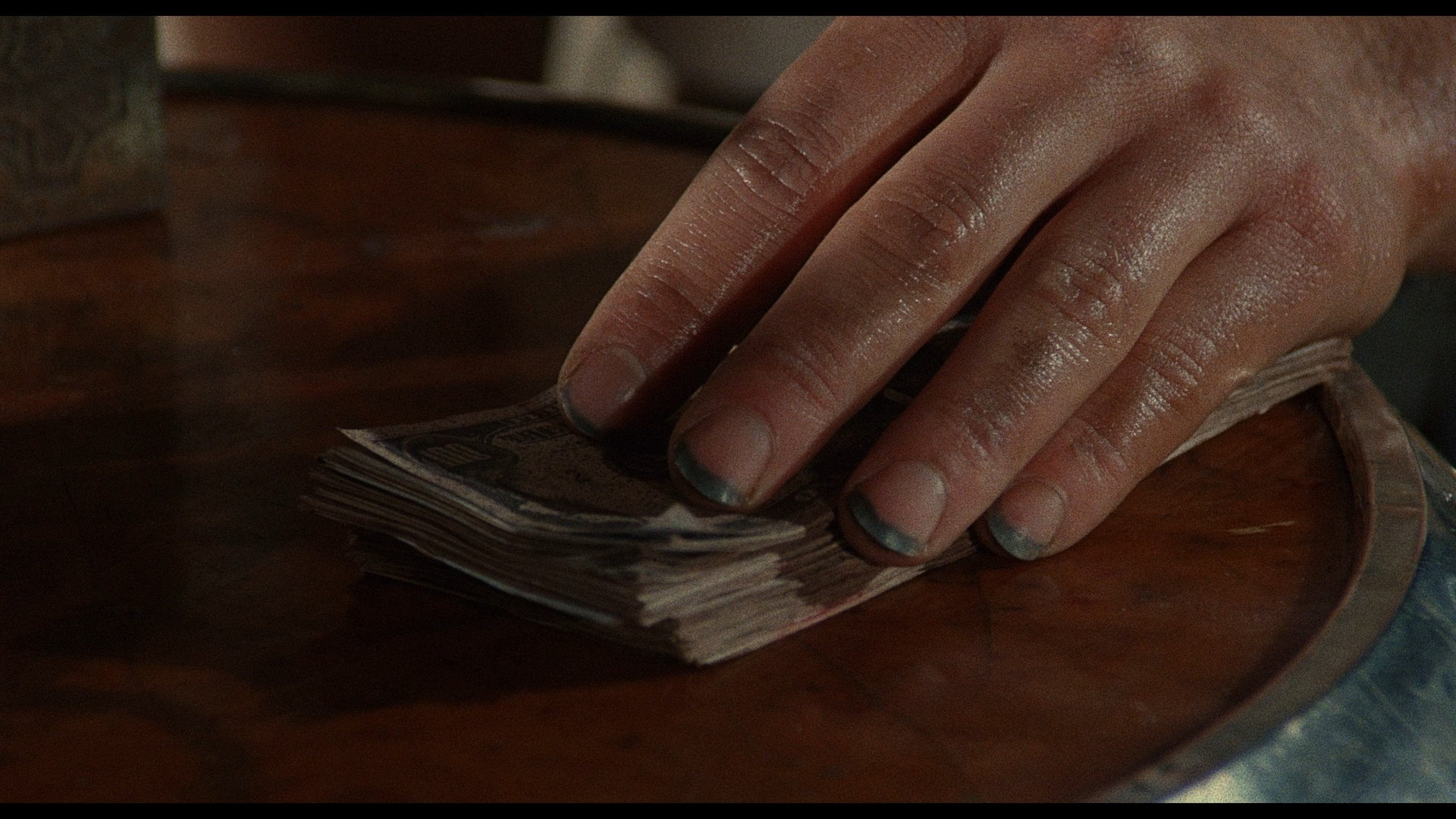
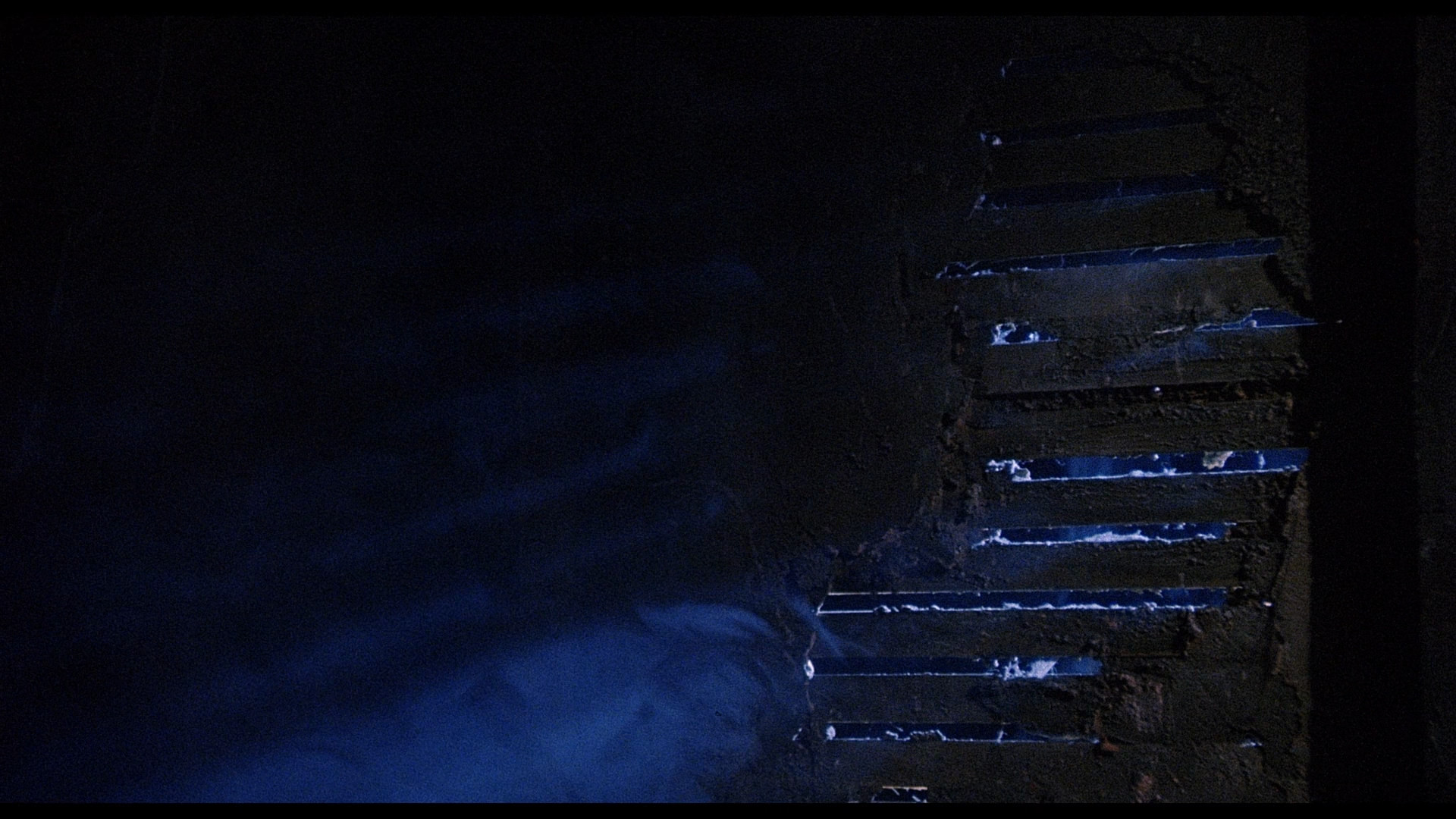
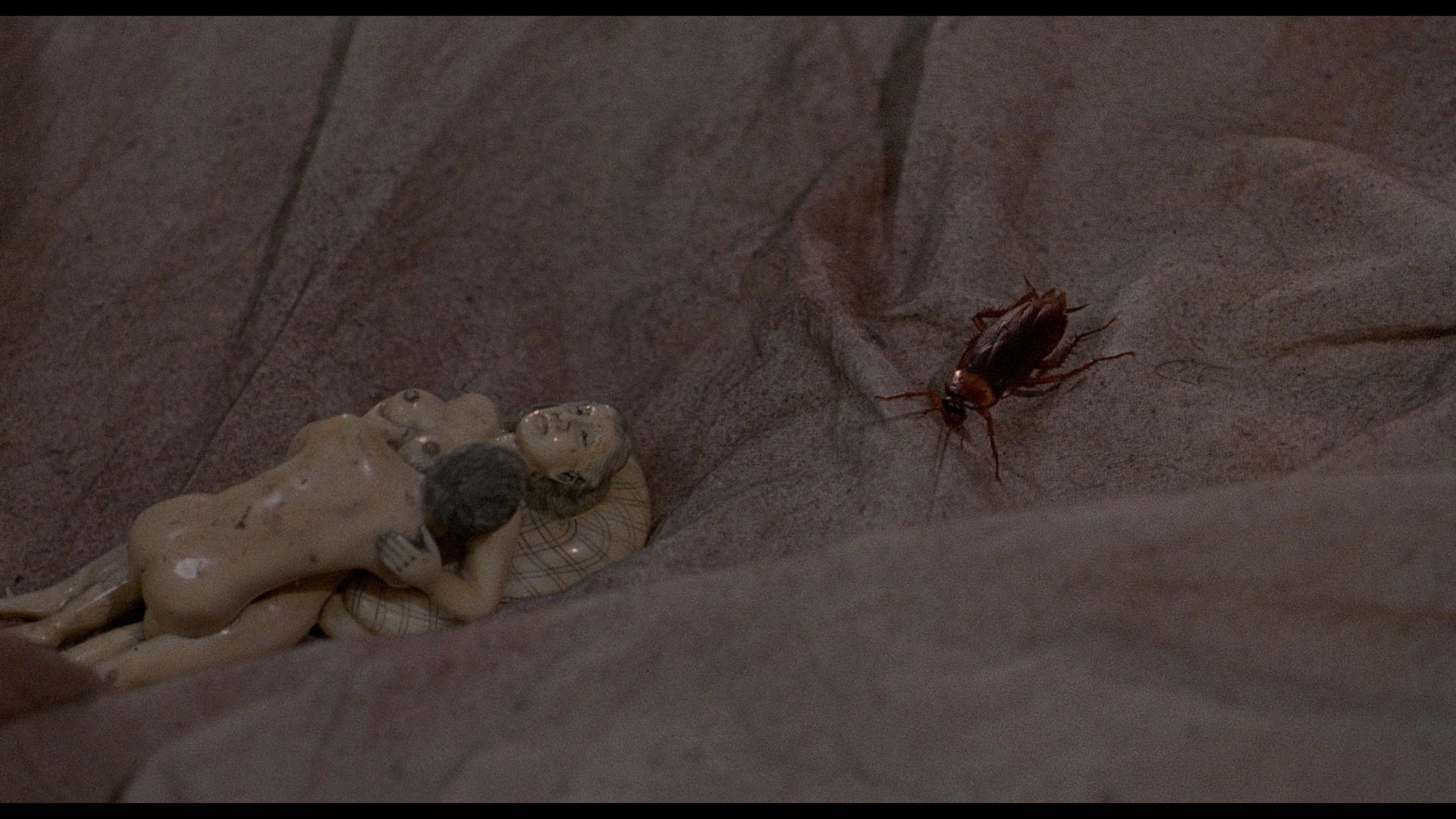
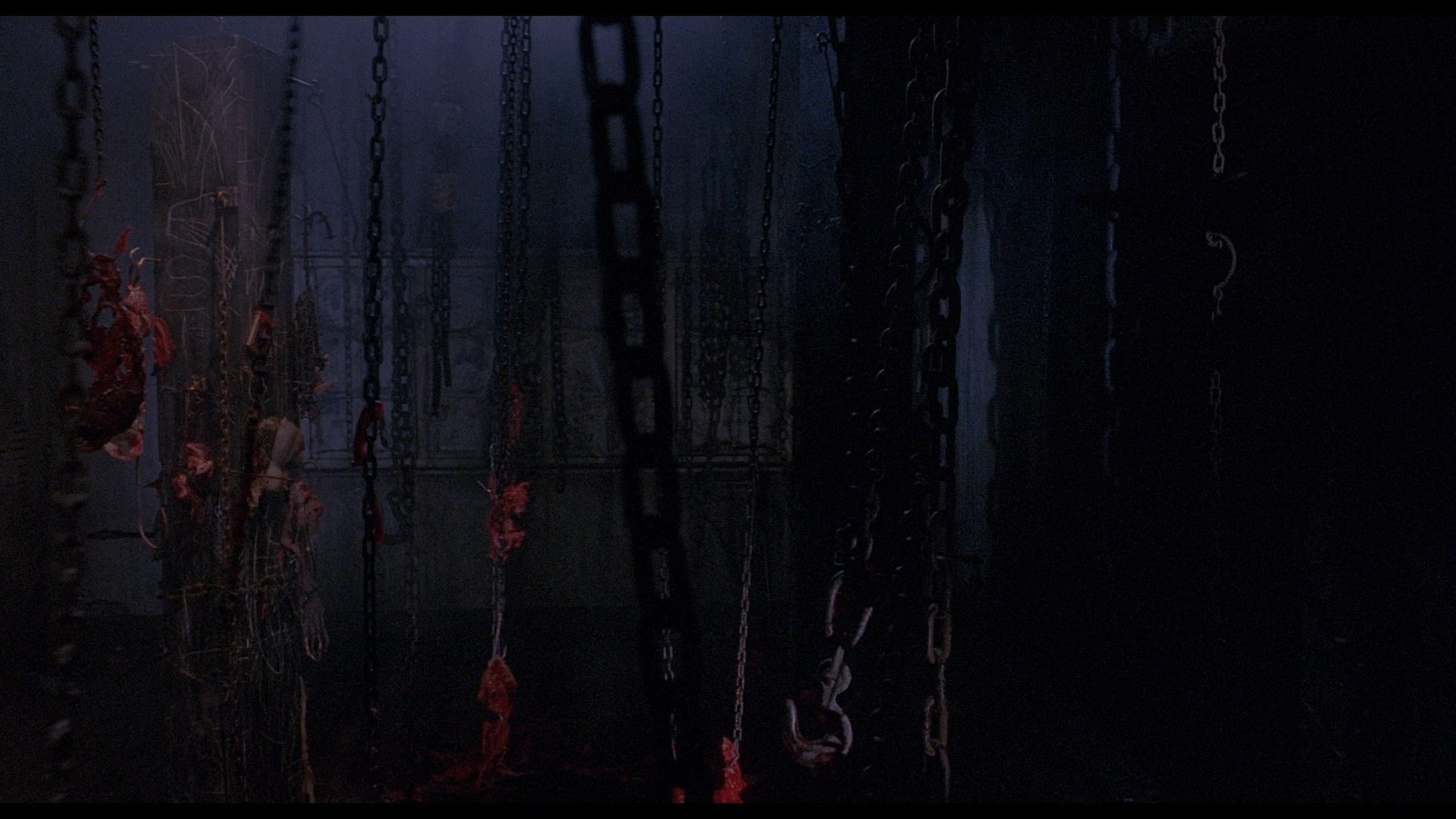

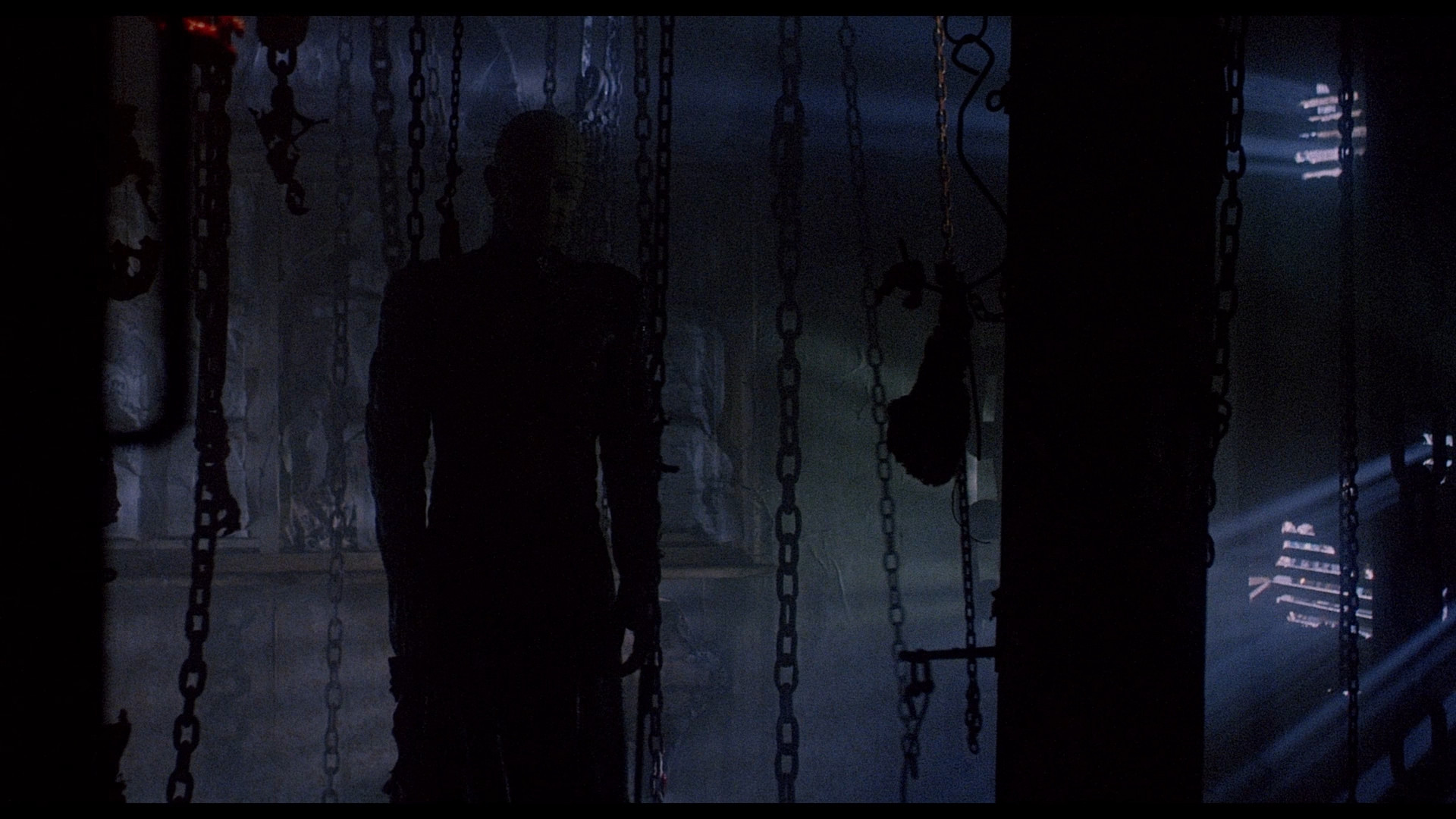
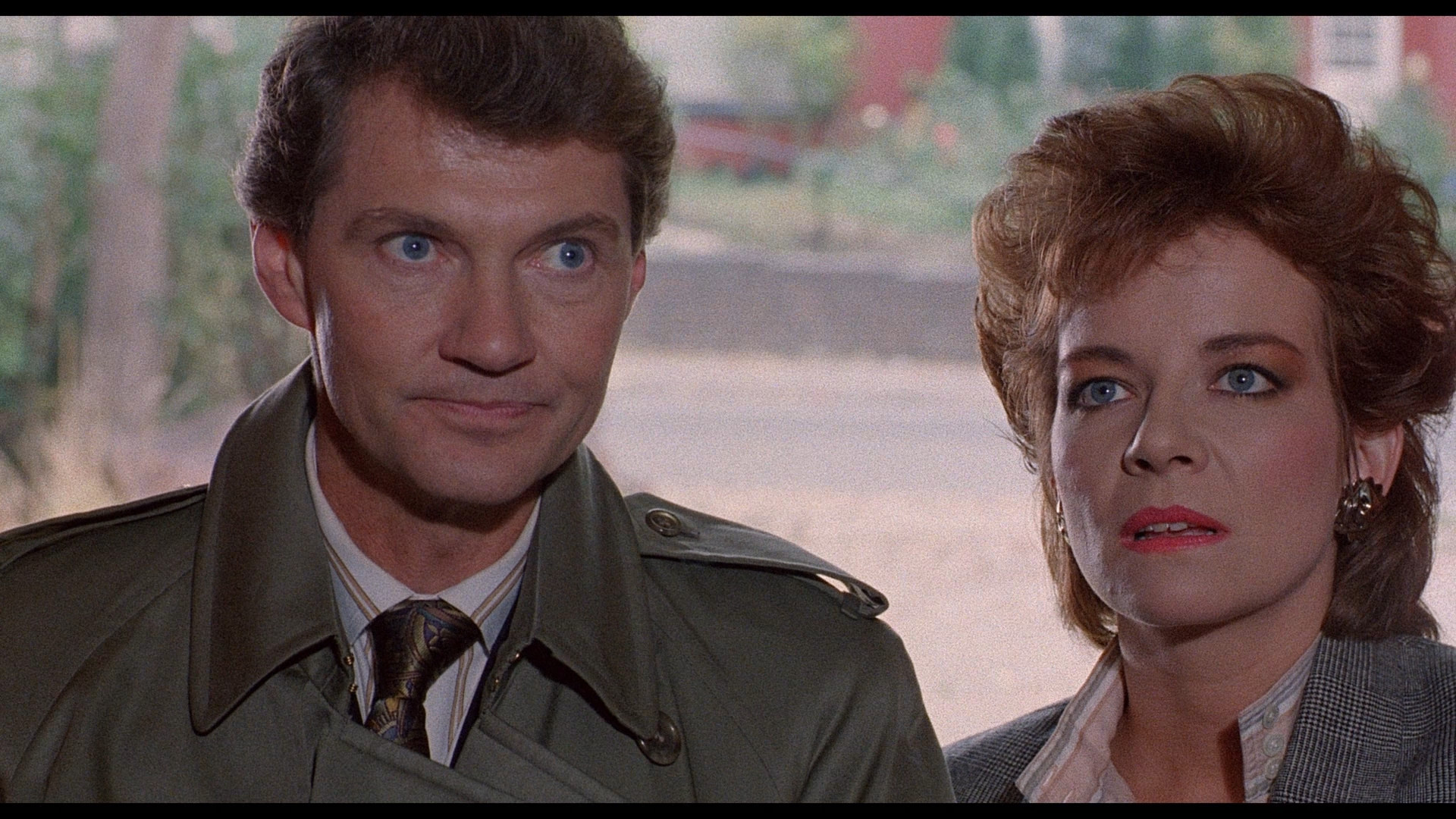
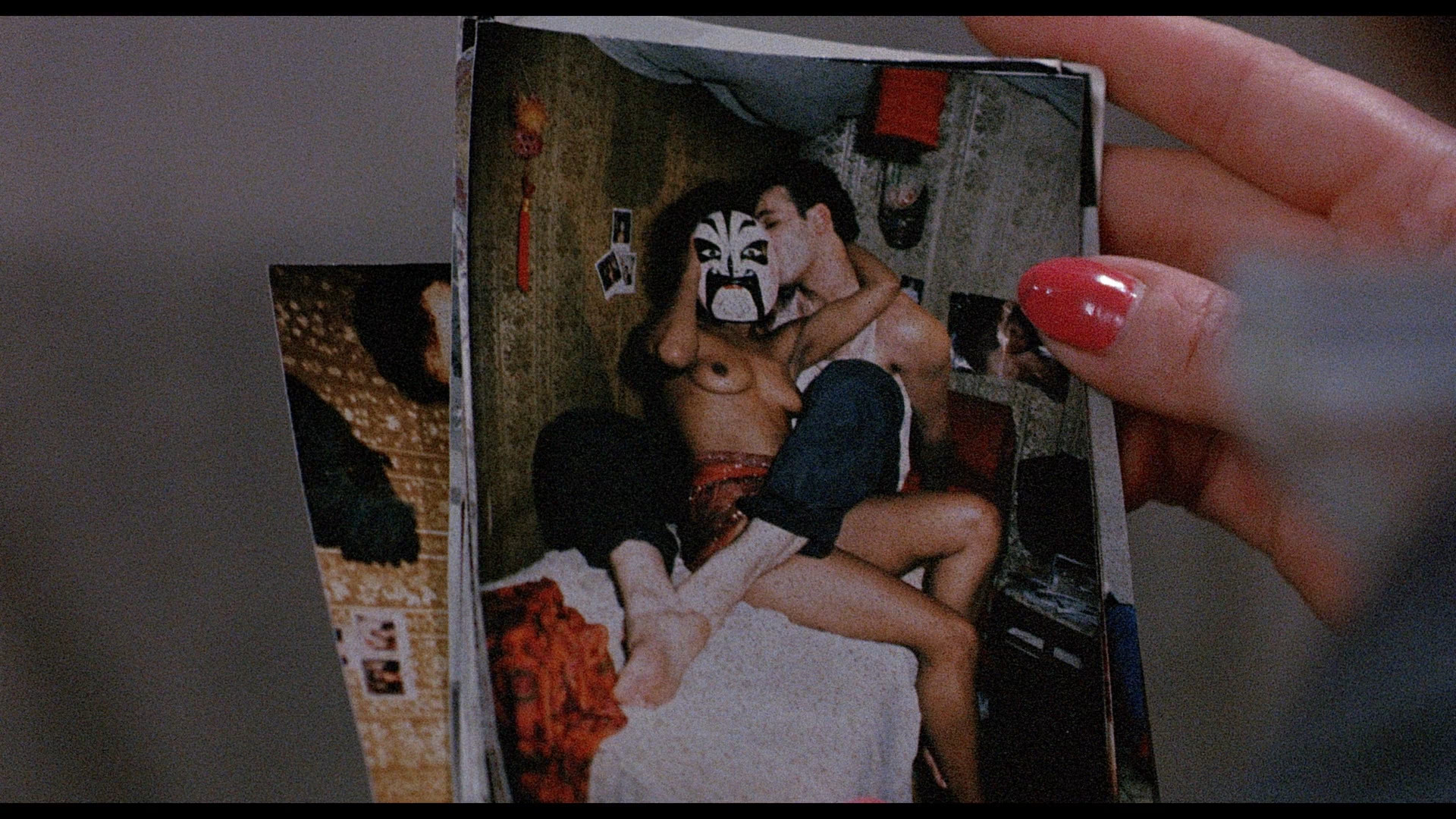
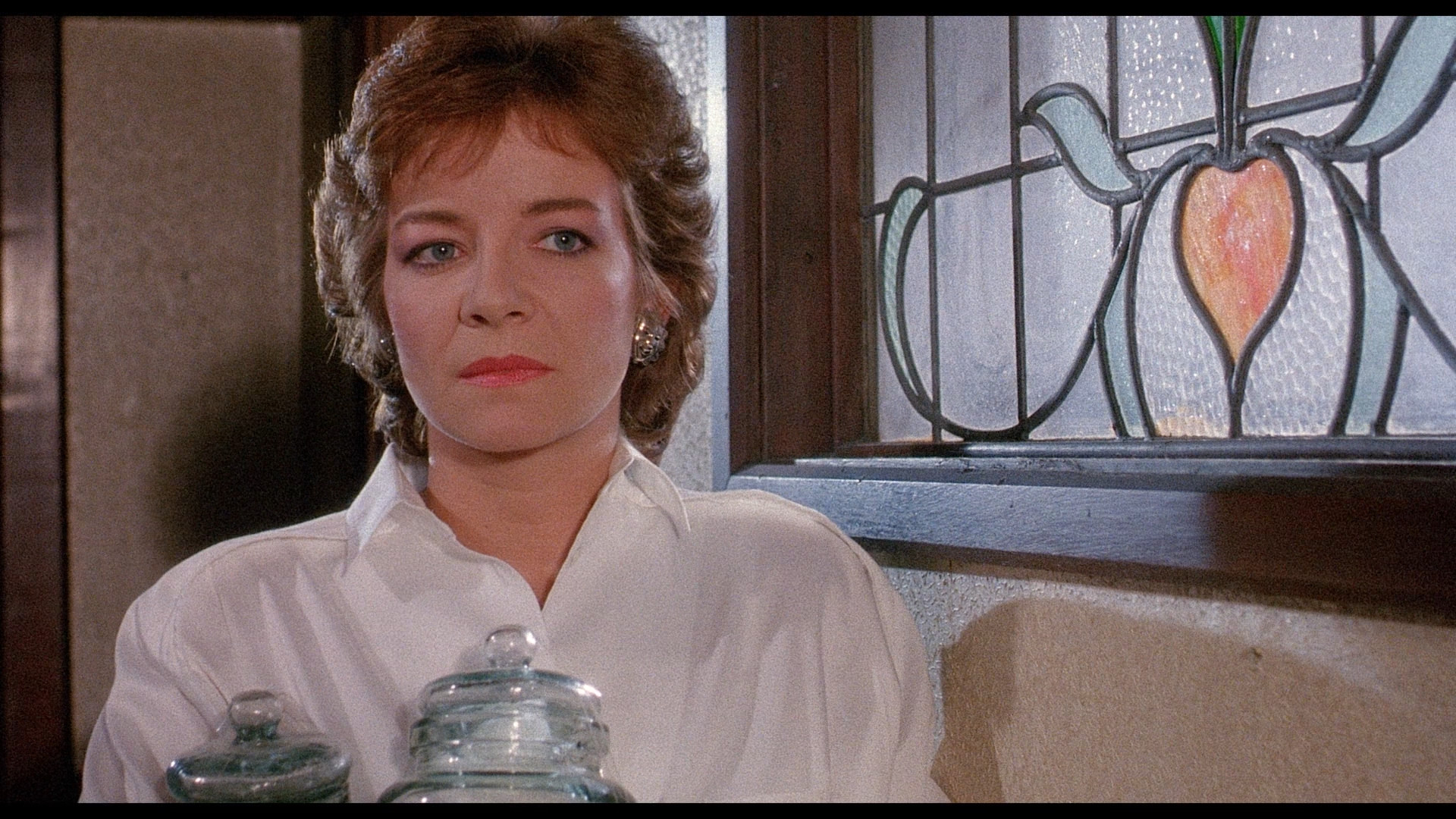
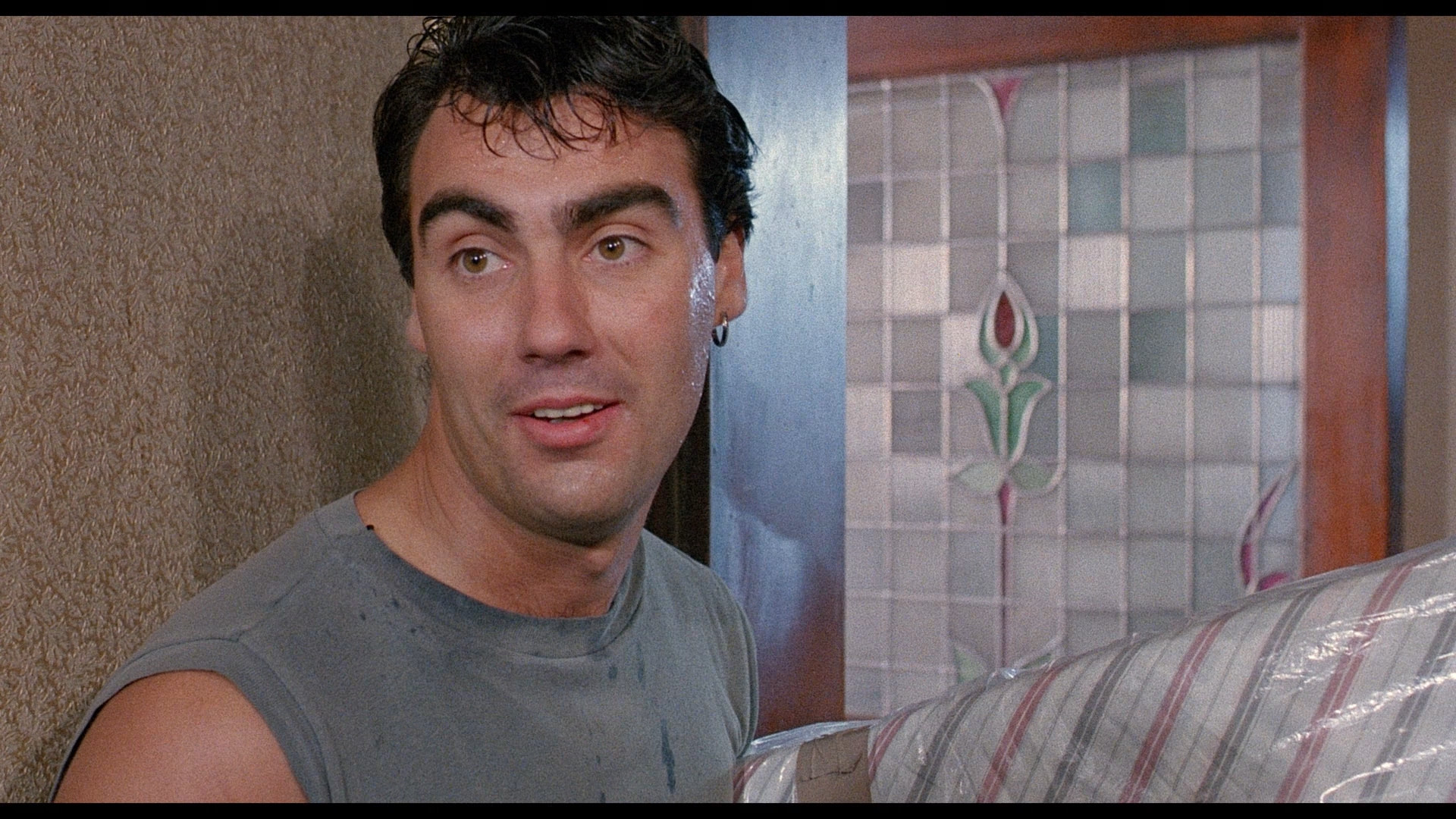
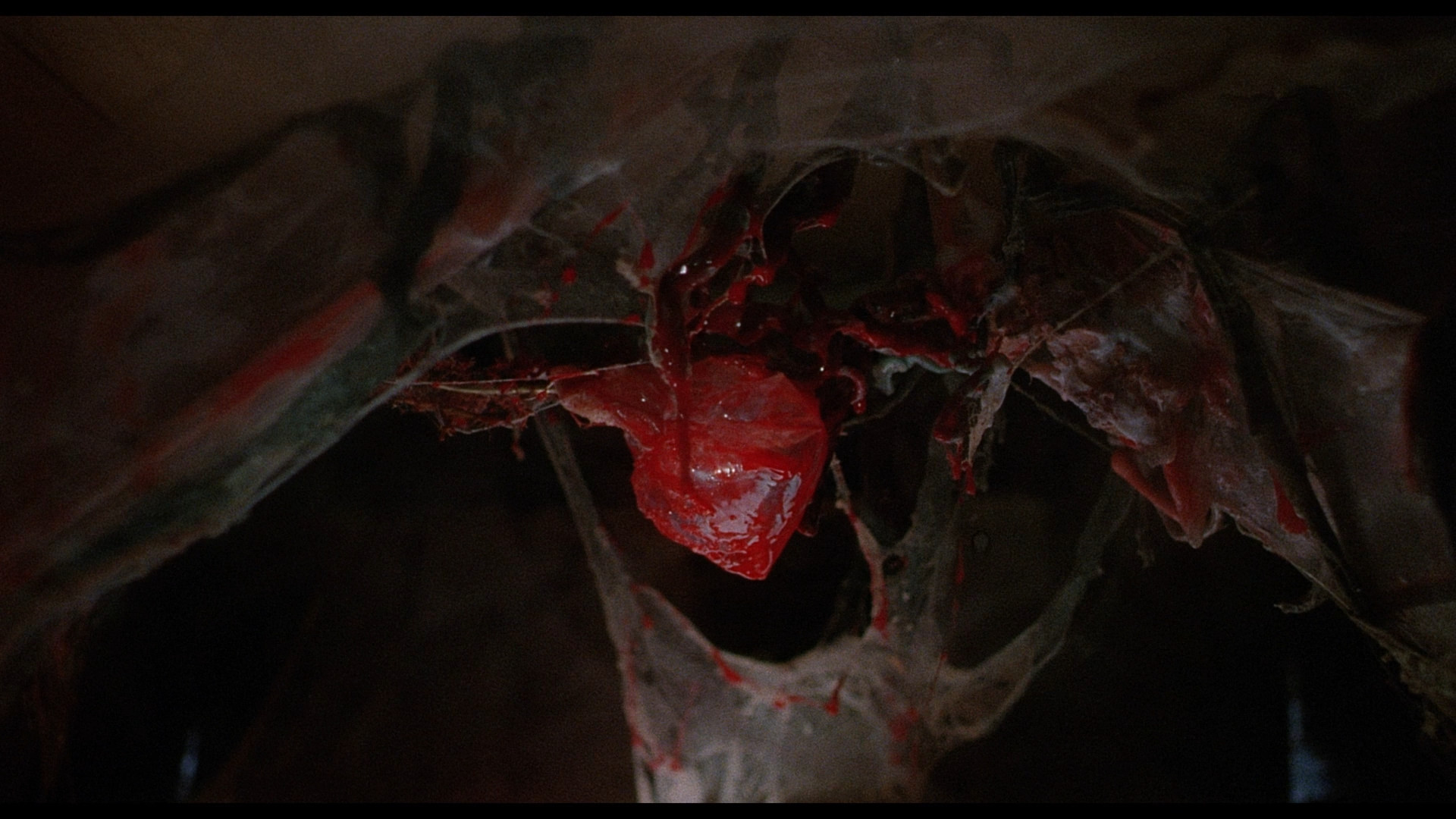
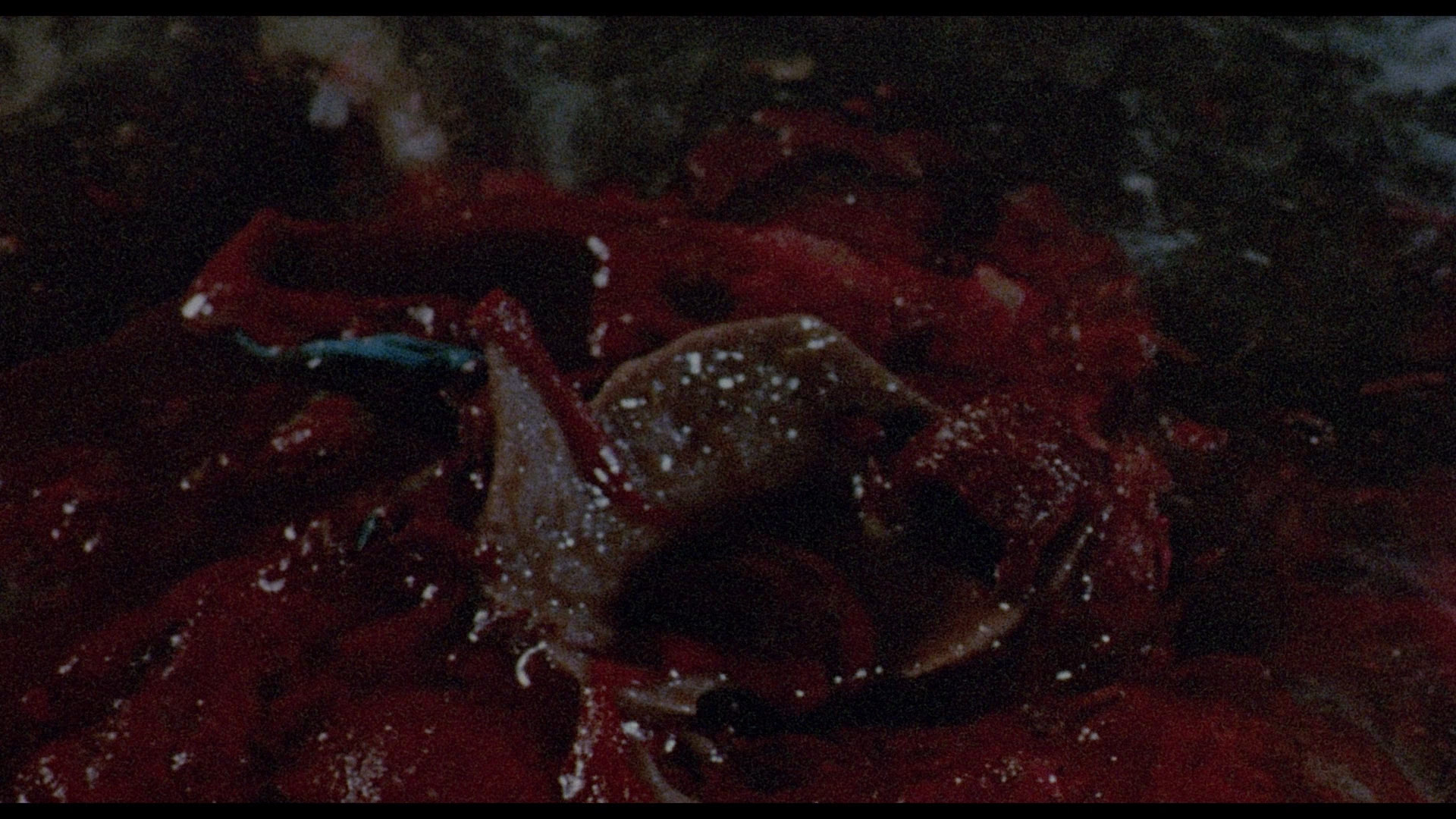





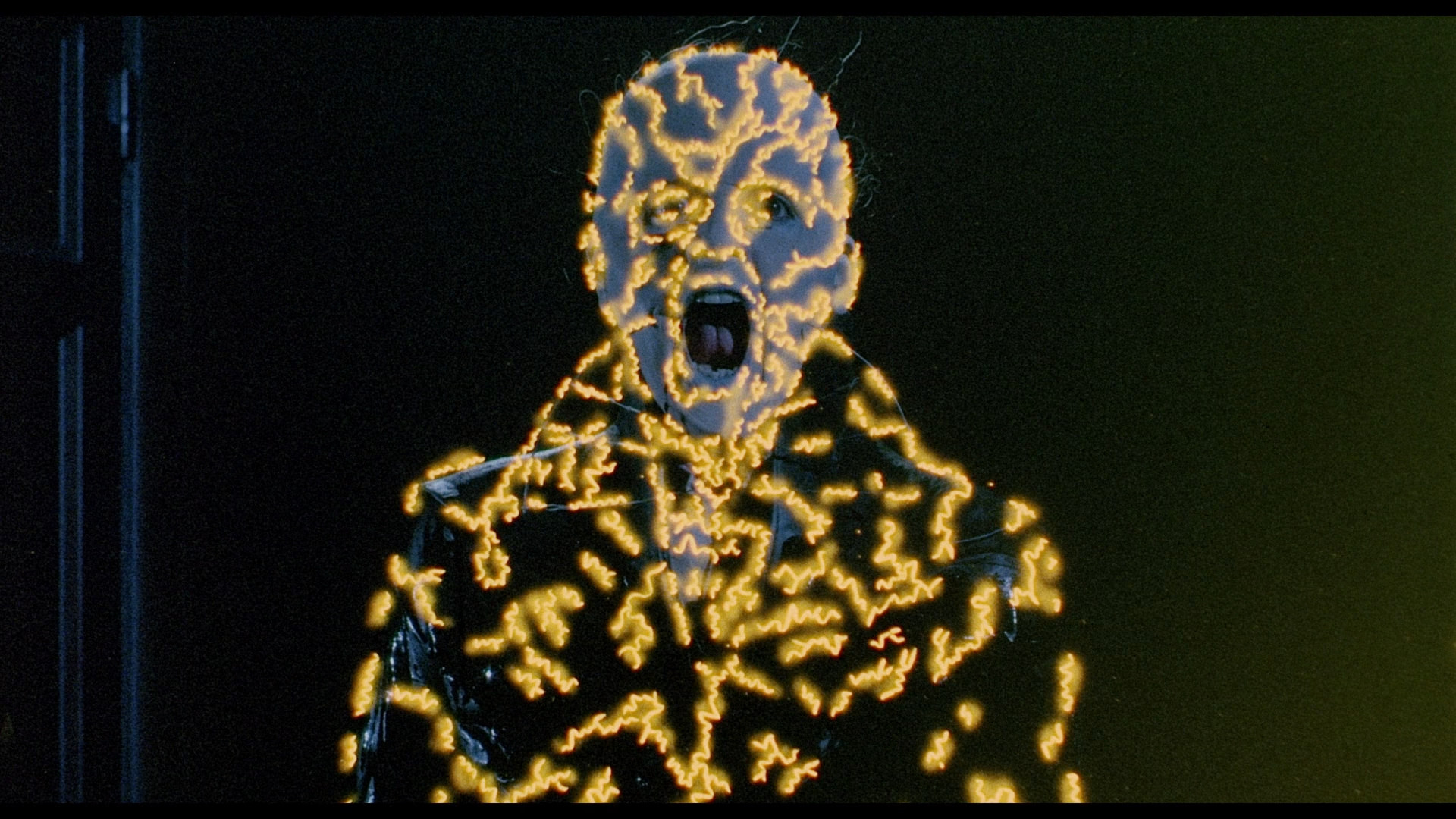

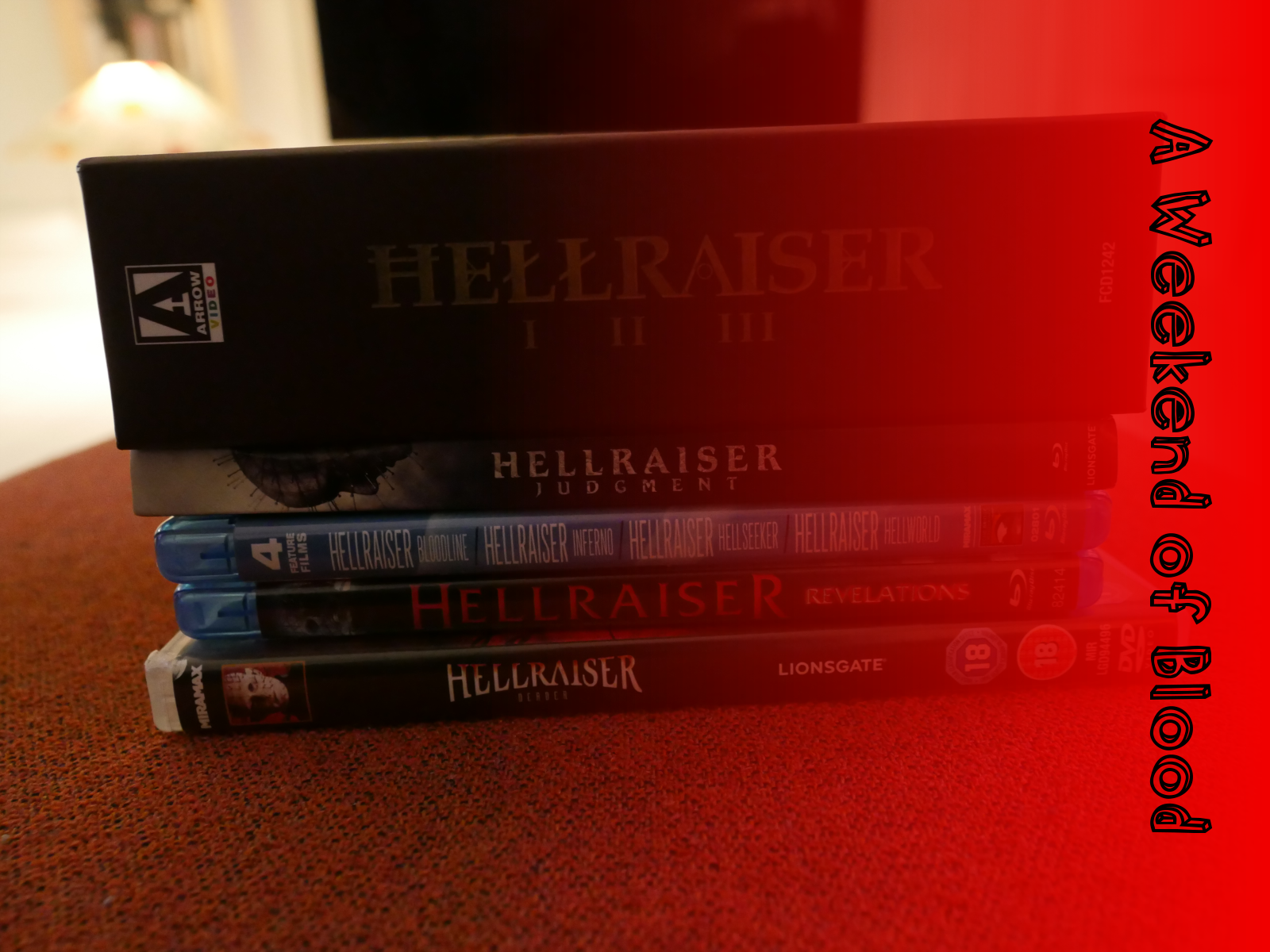










































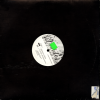
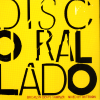
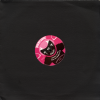
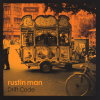

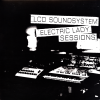

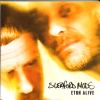

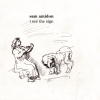

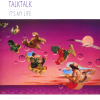
)
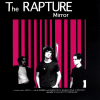
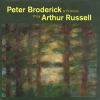


)
)
)
)

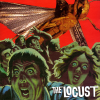
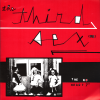
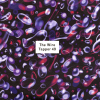


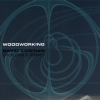
)
)
)
)
)